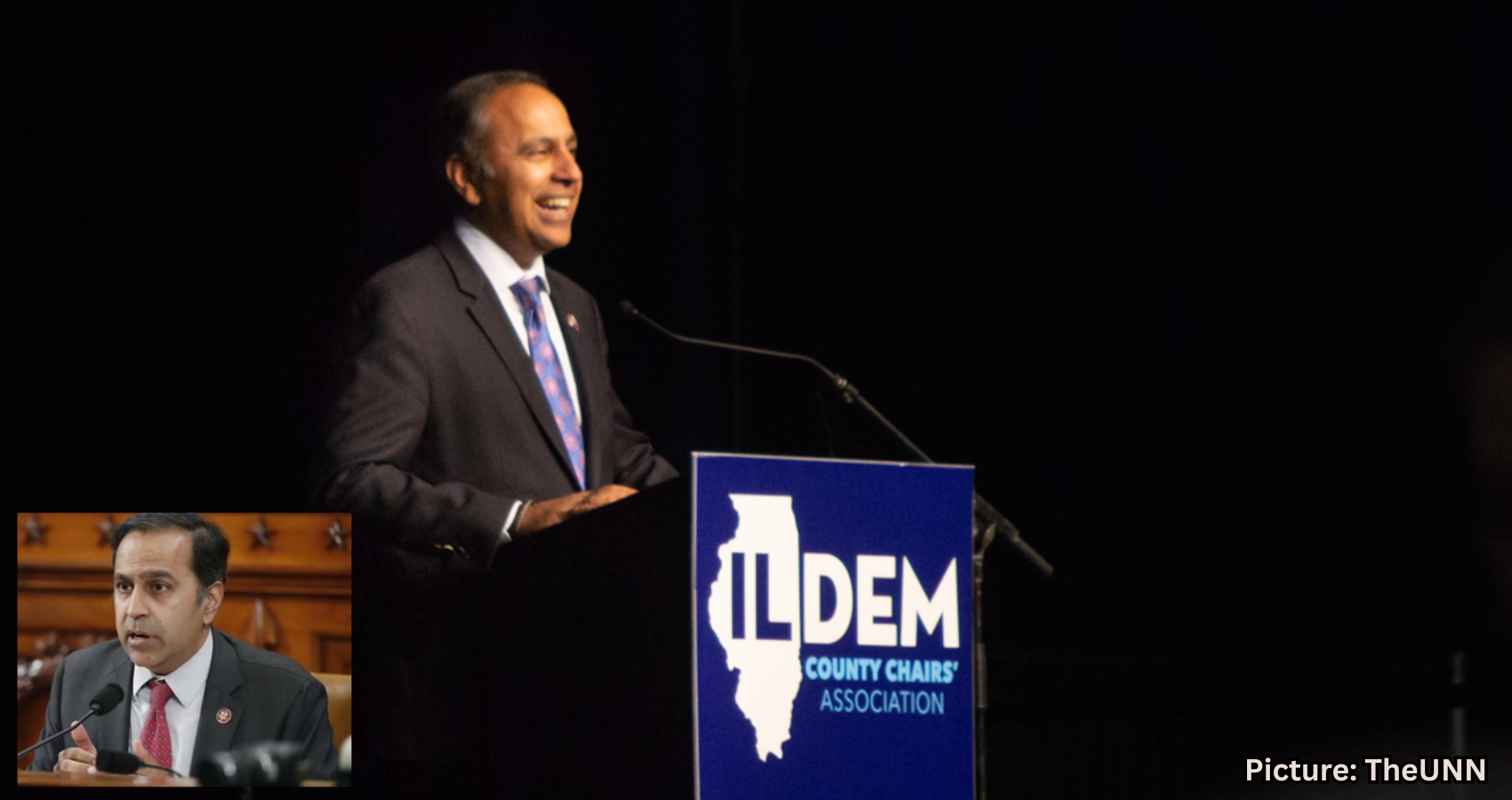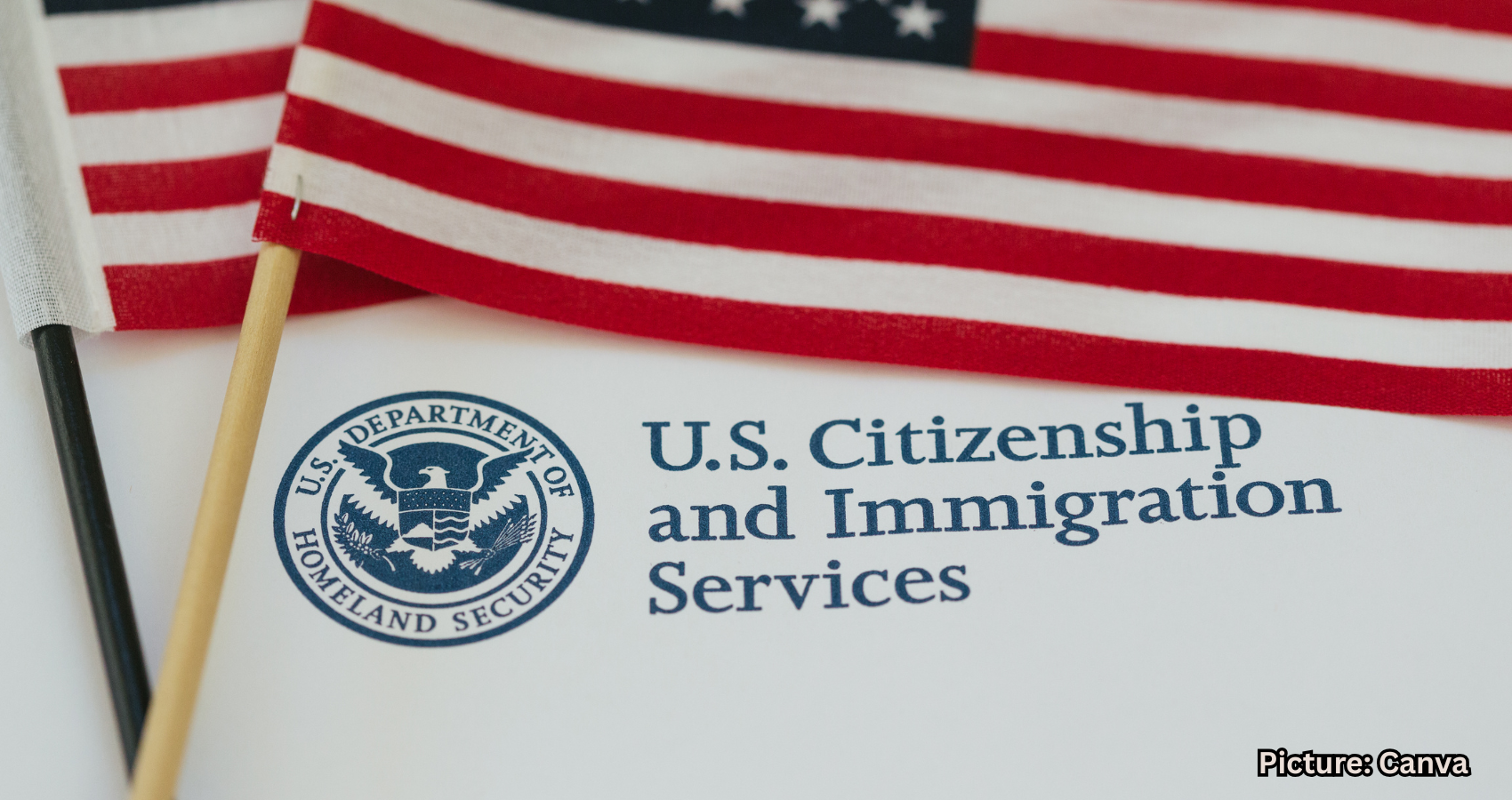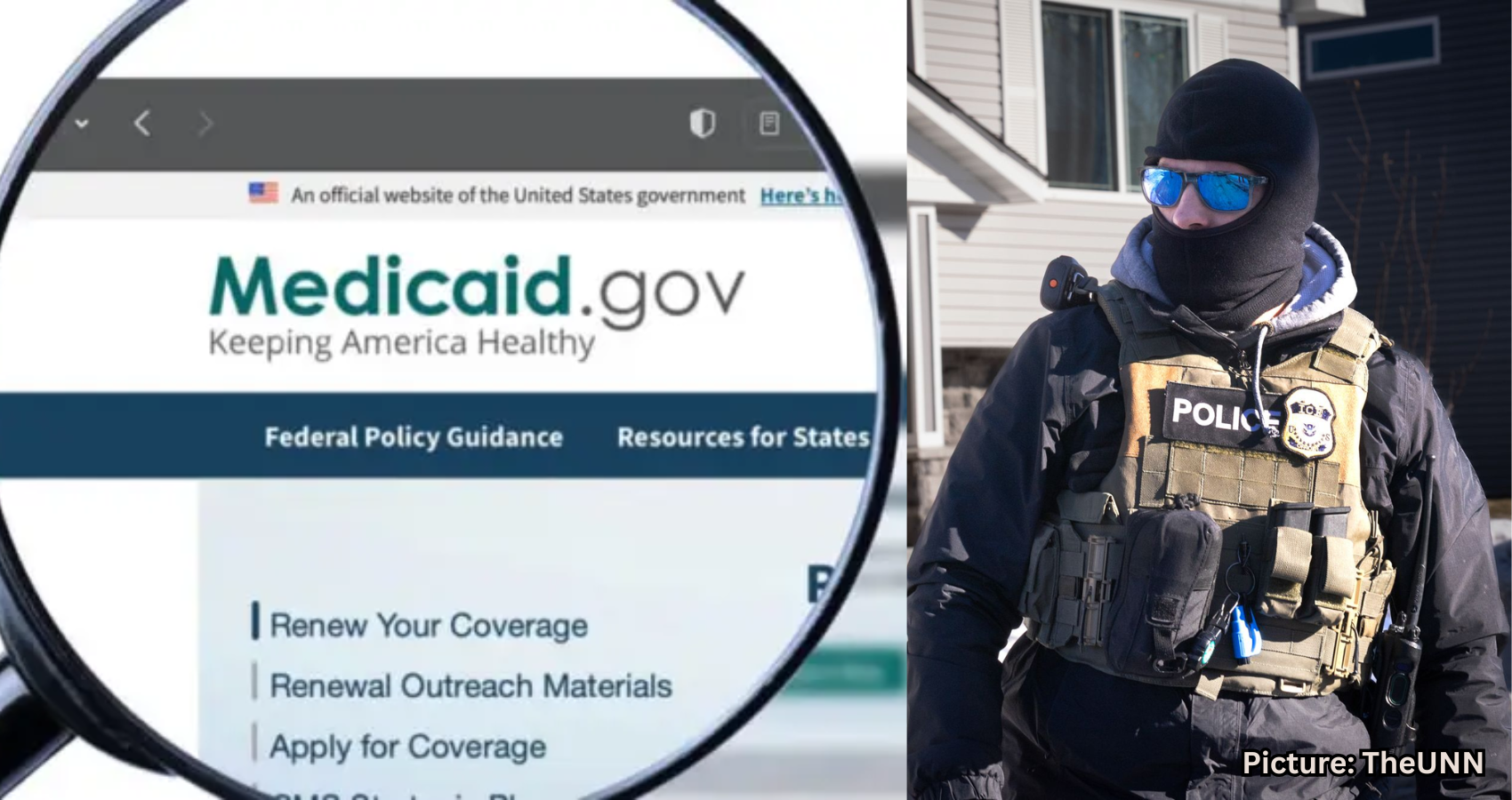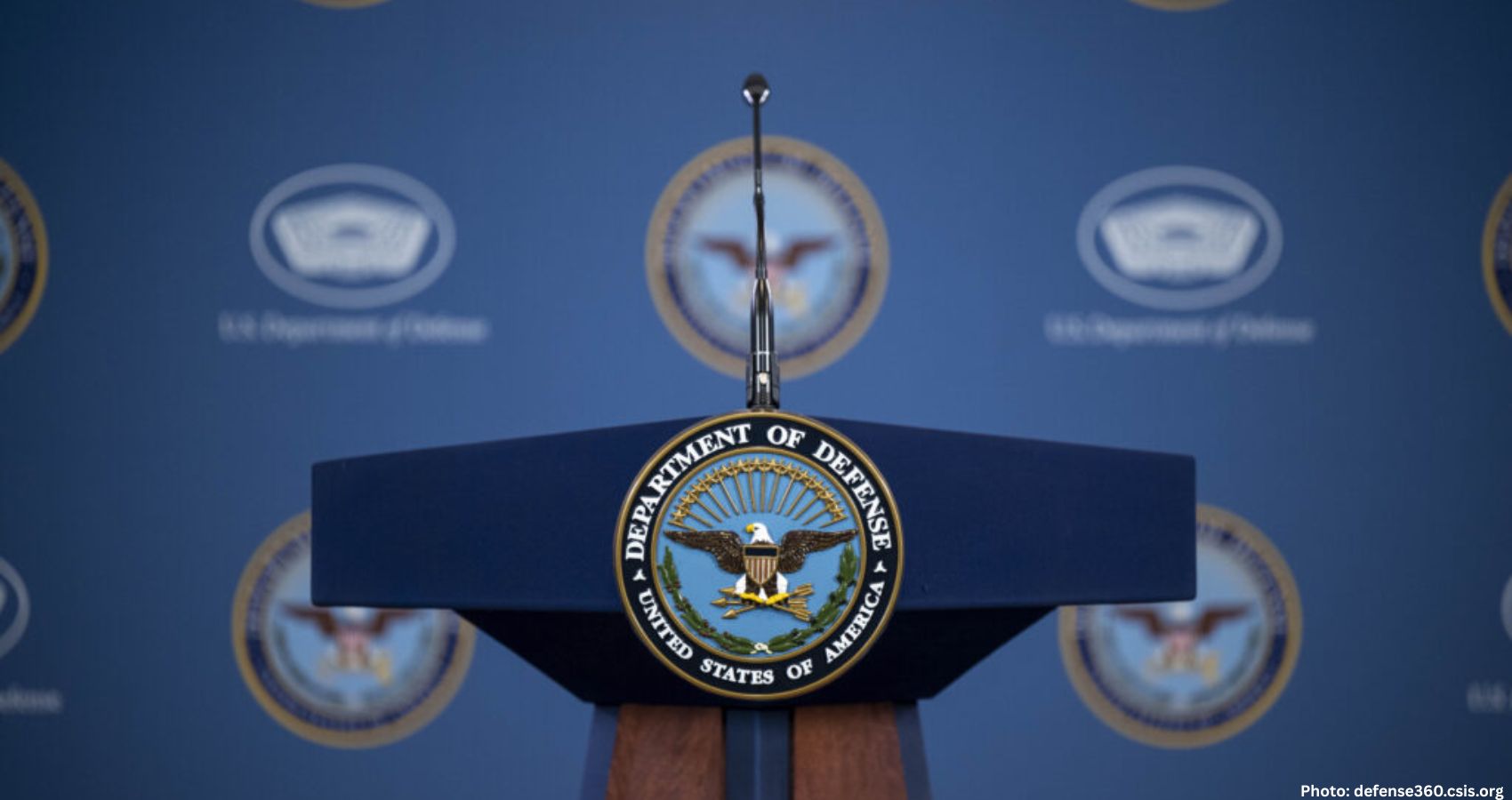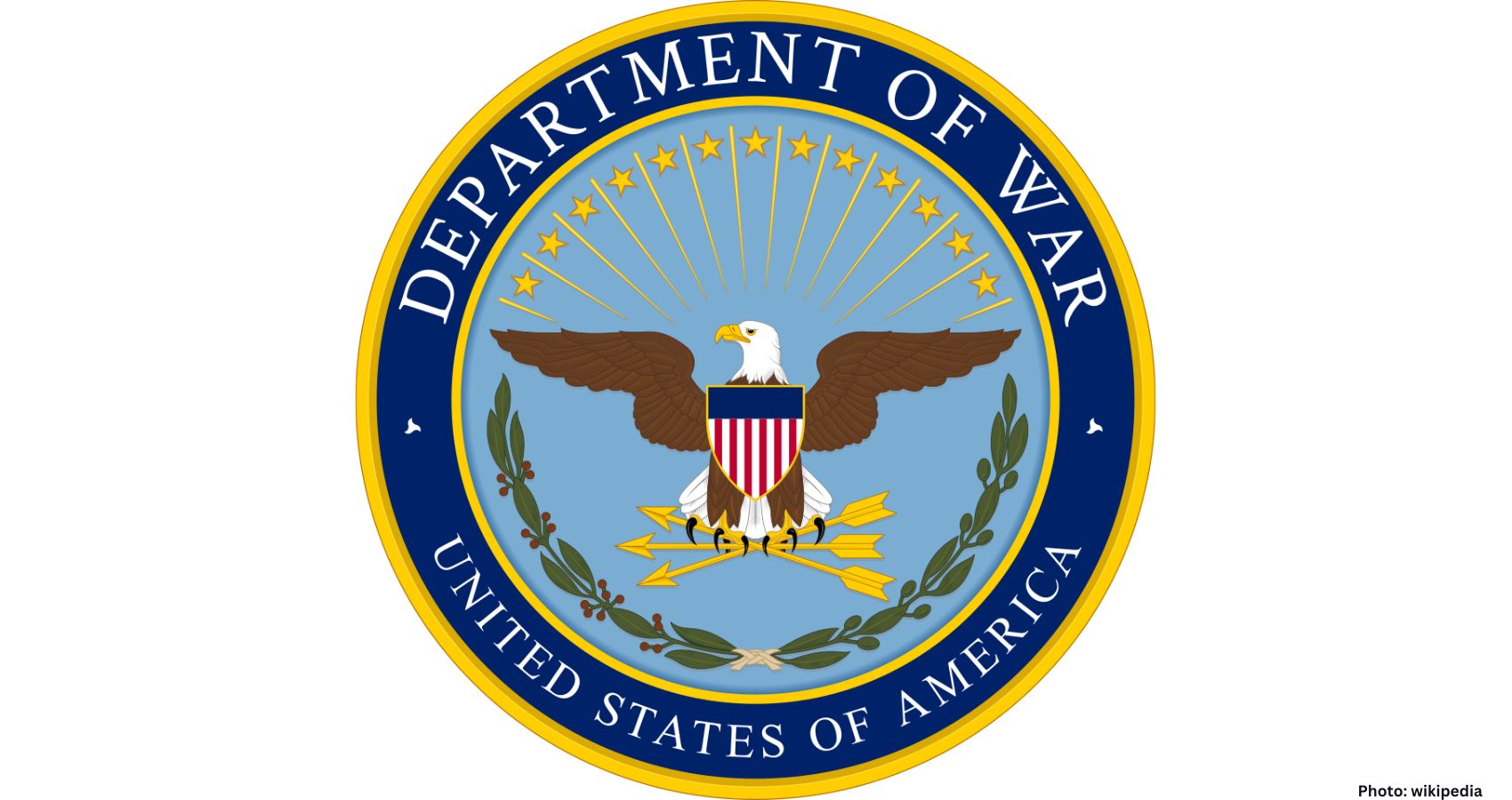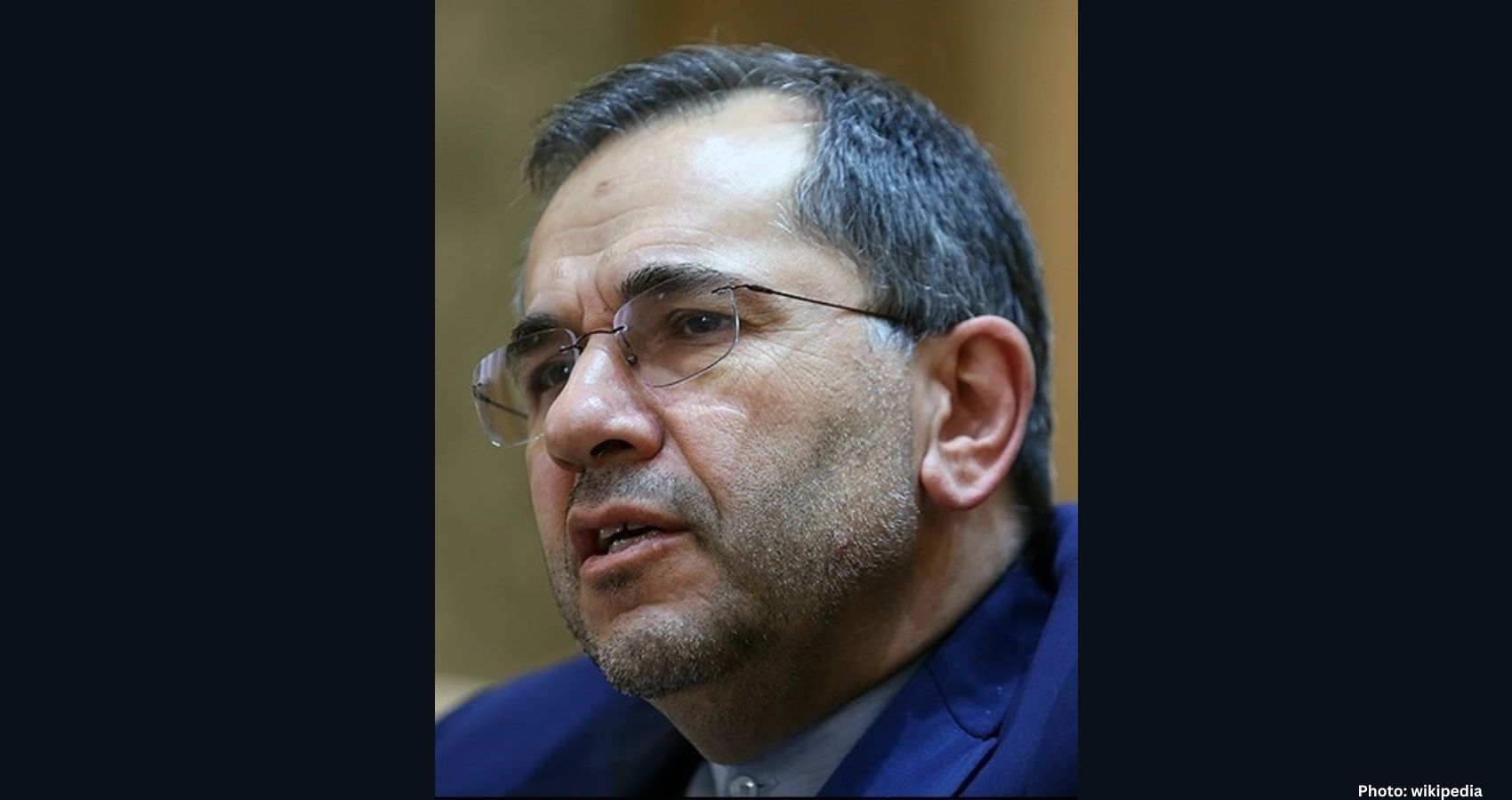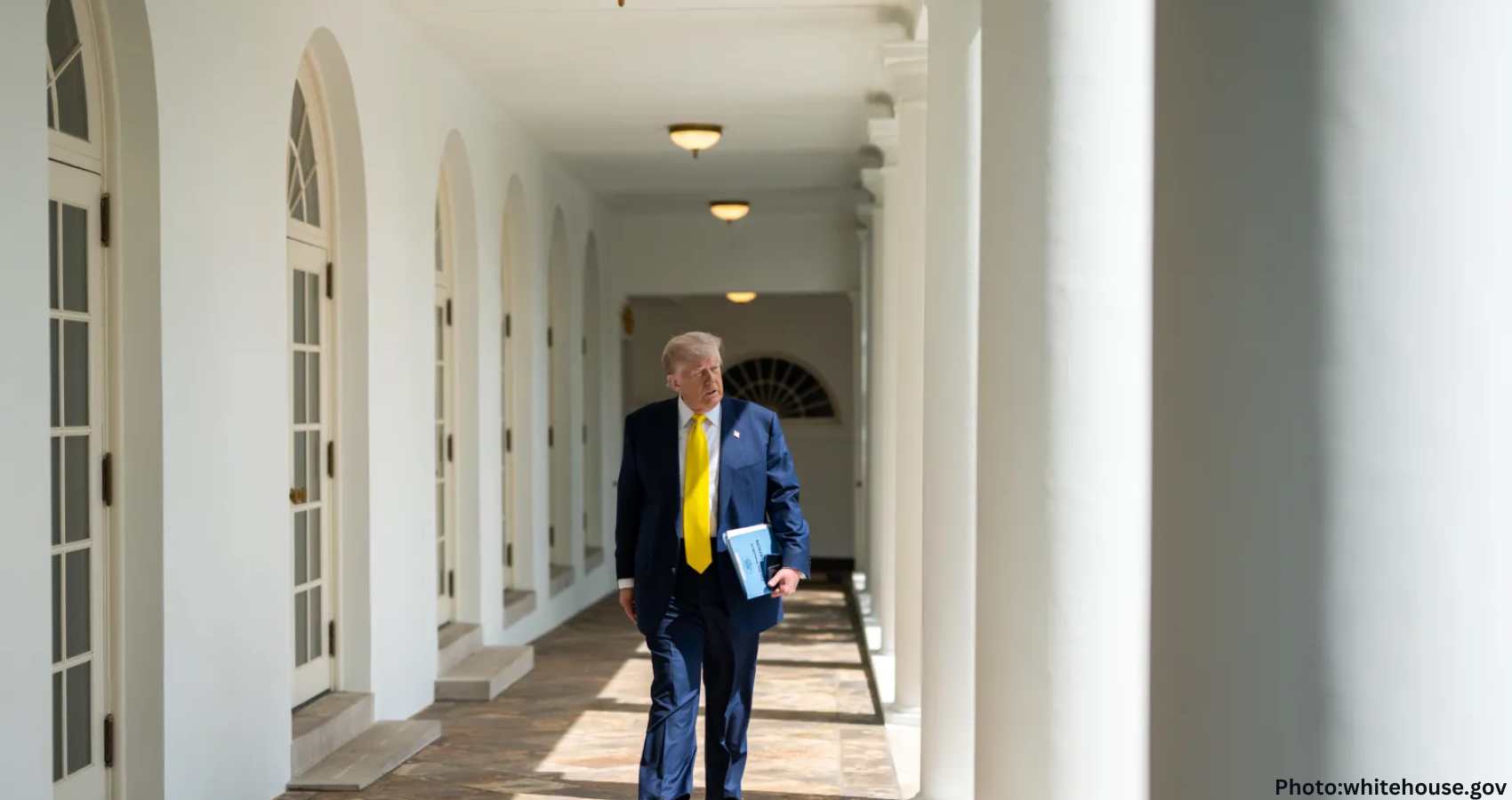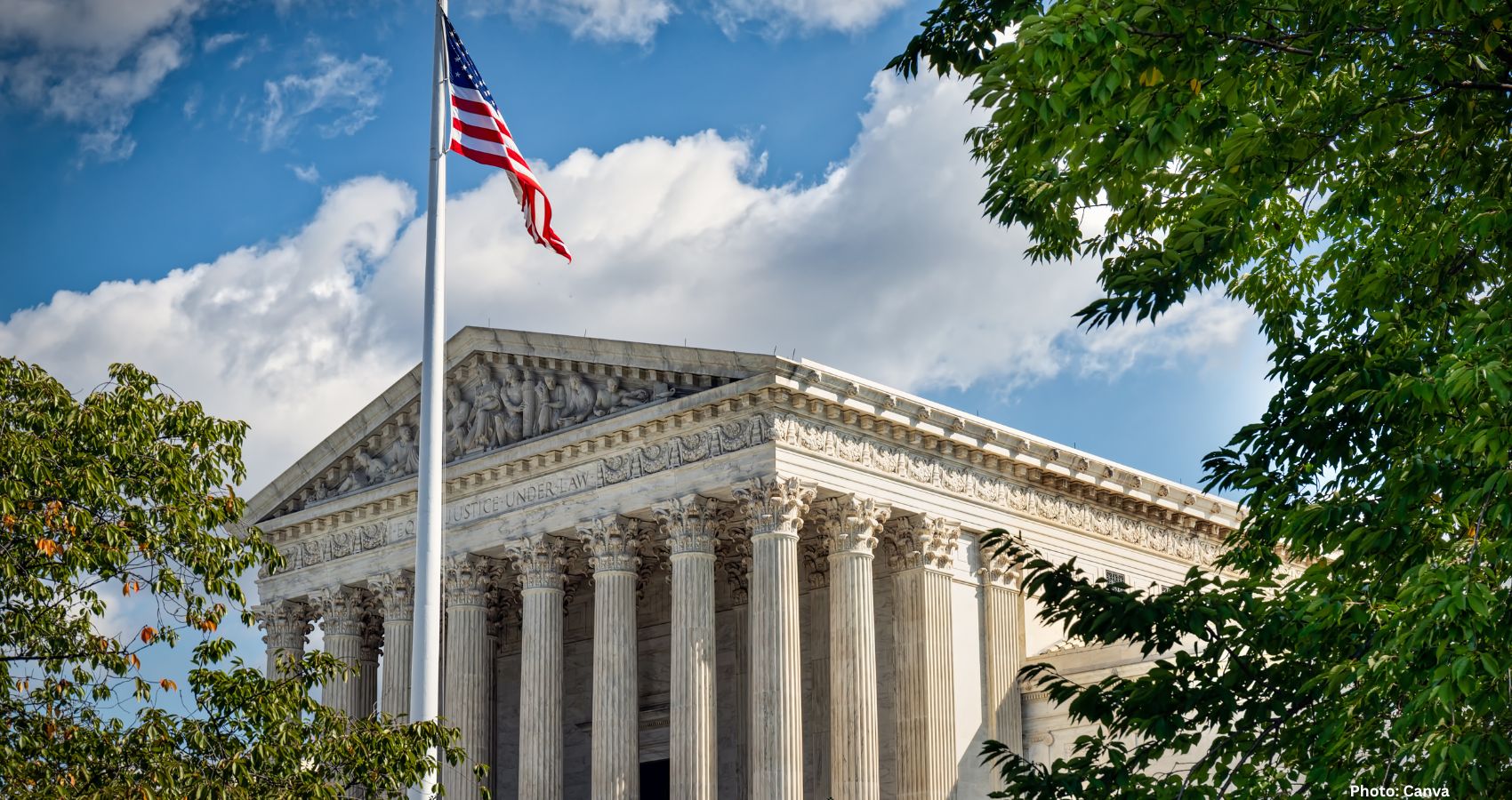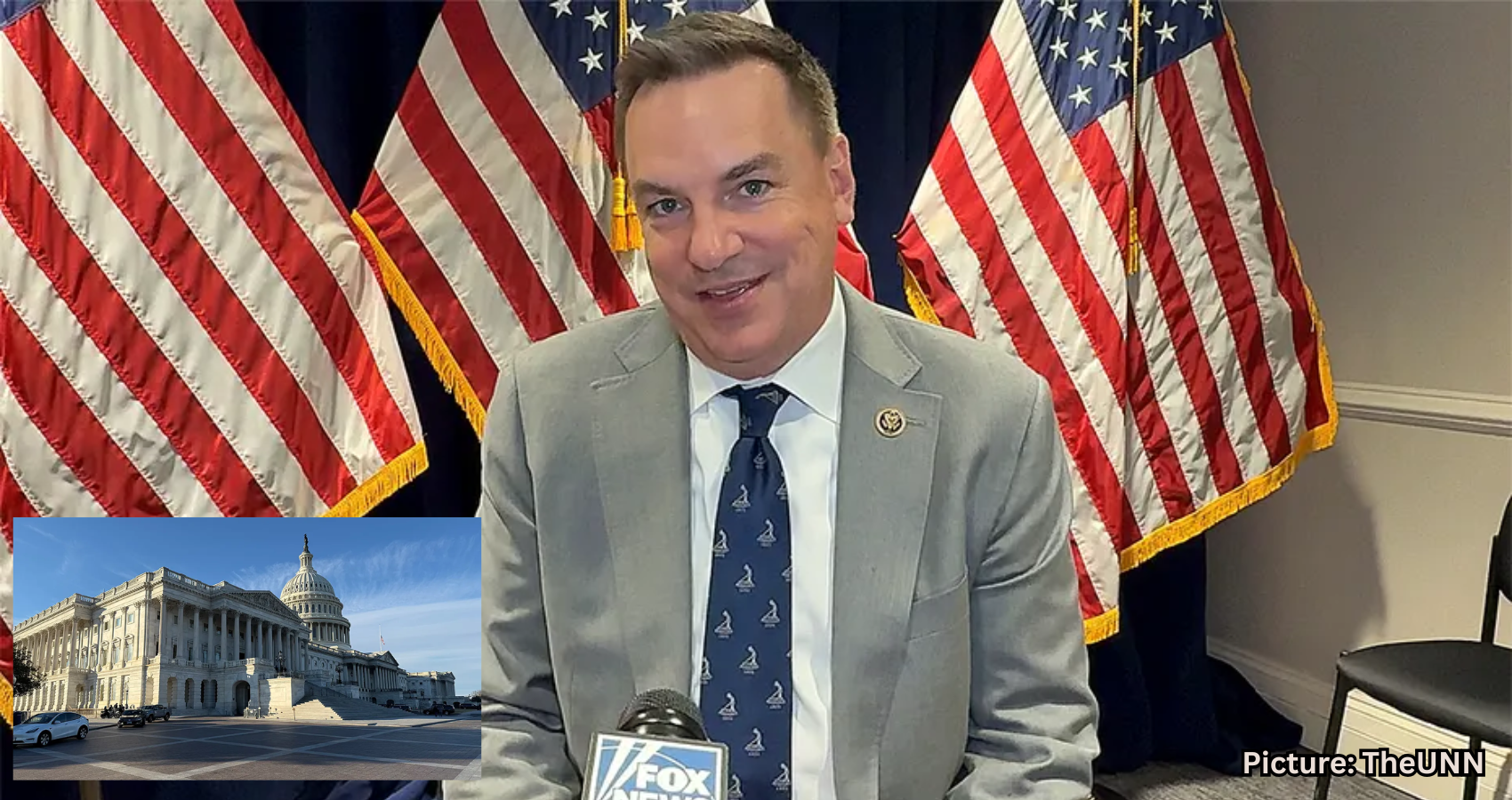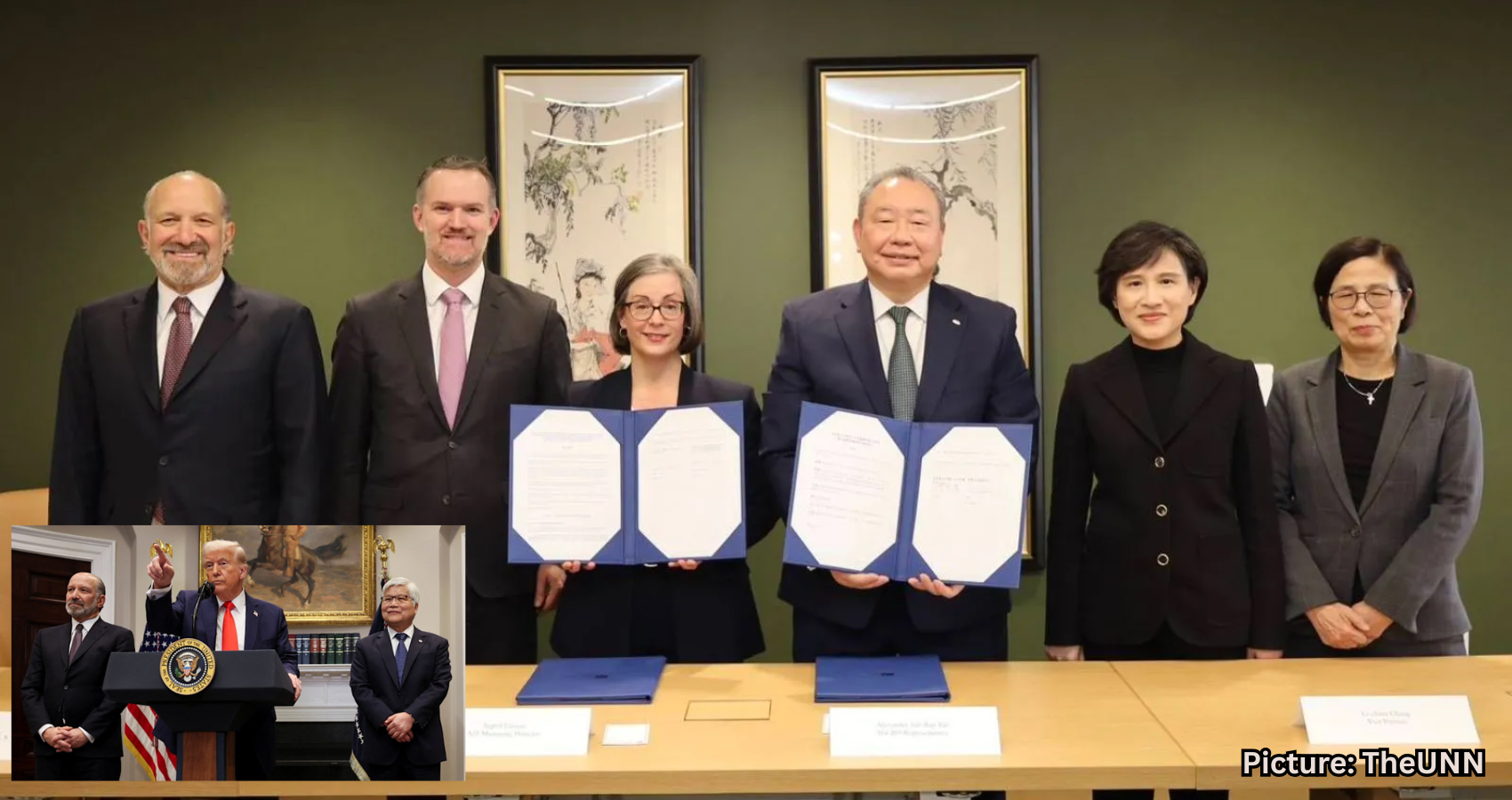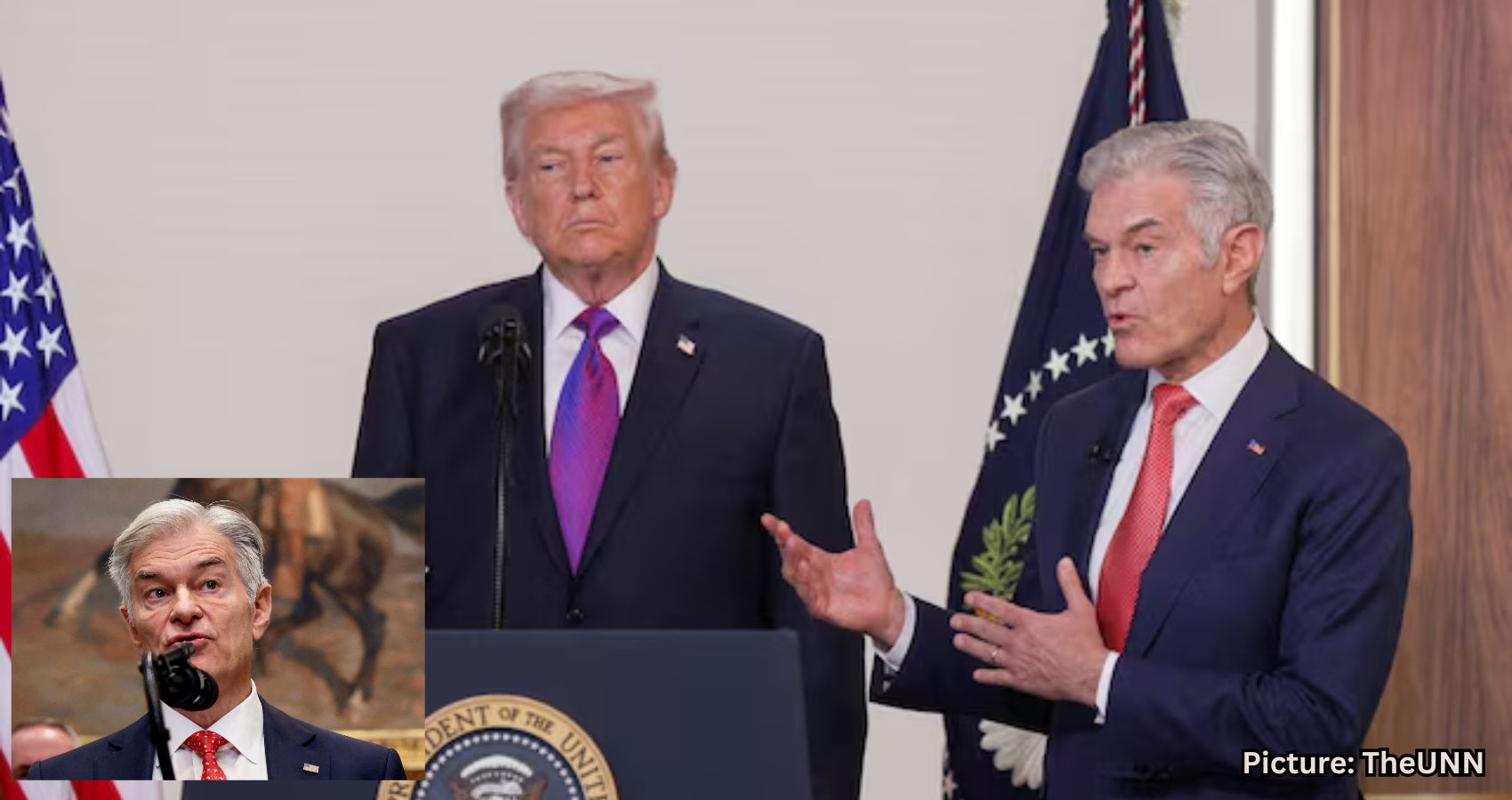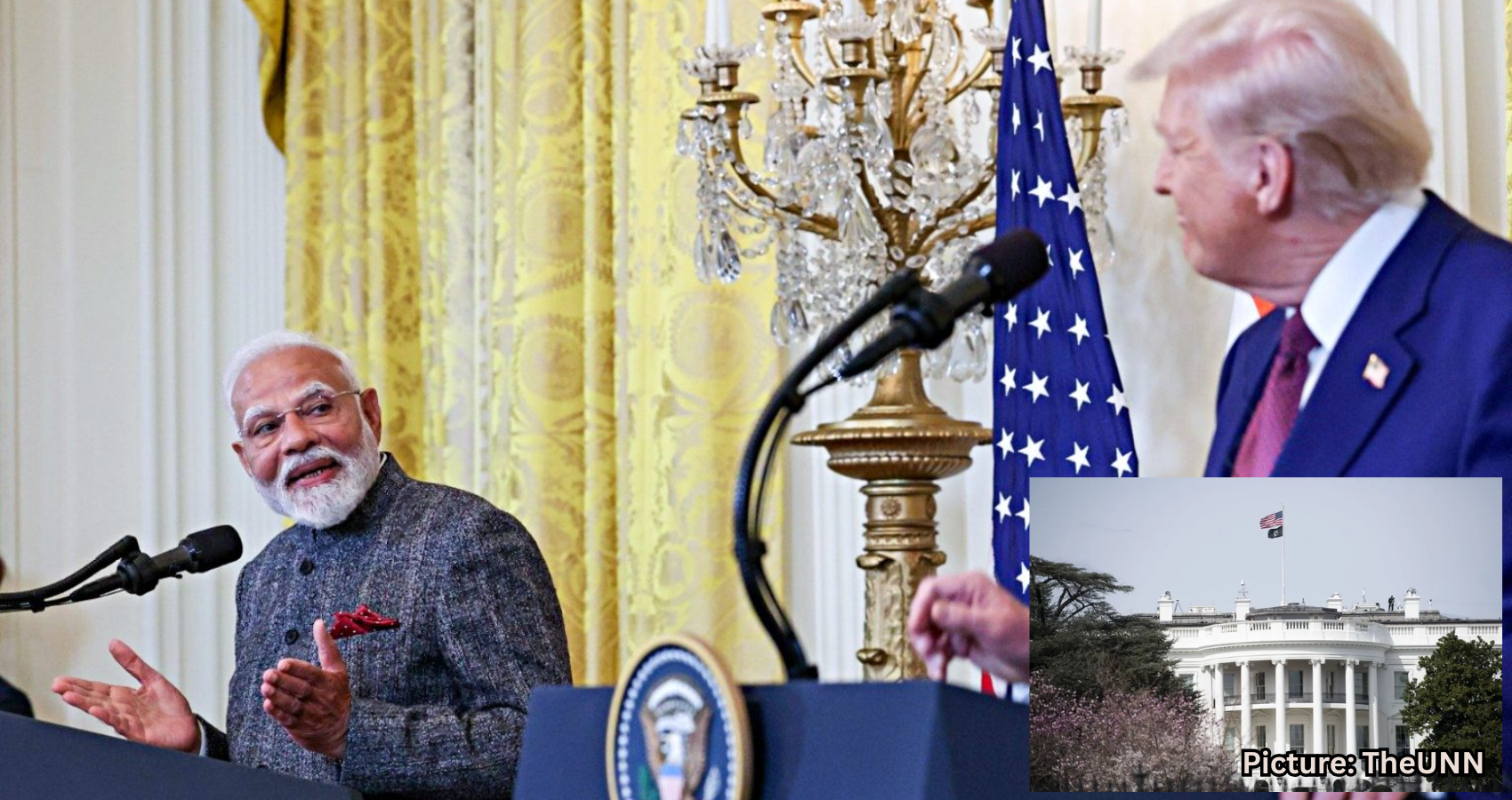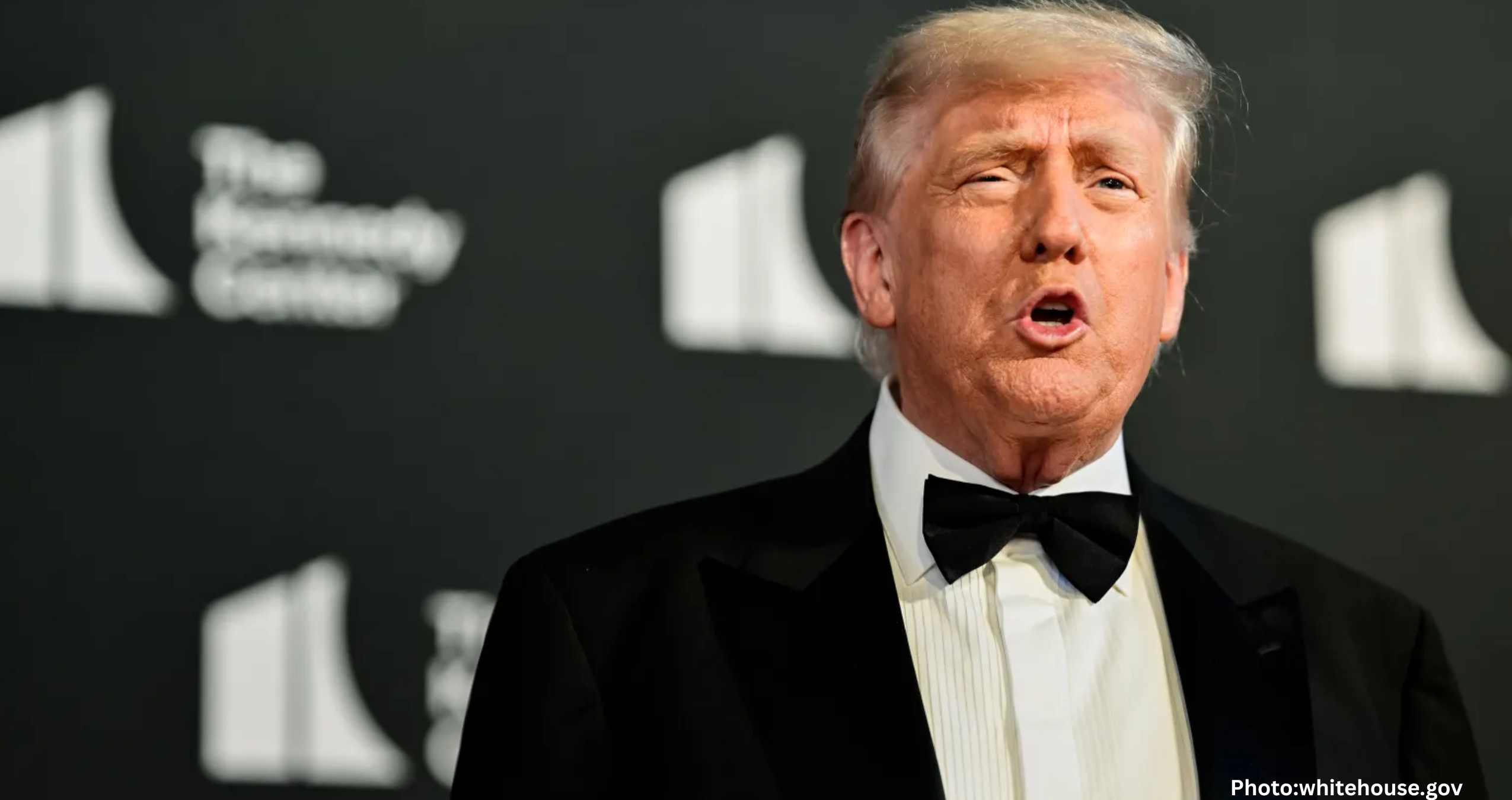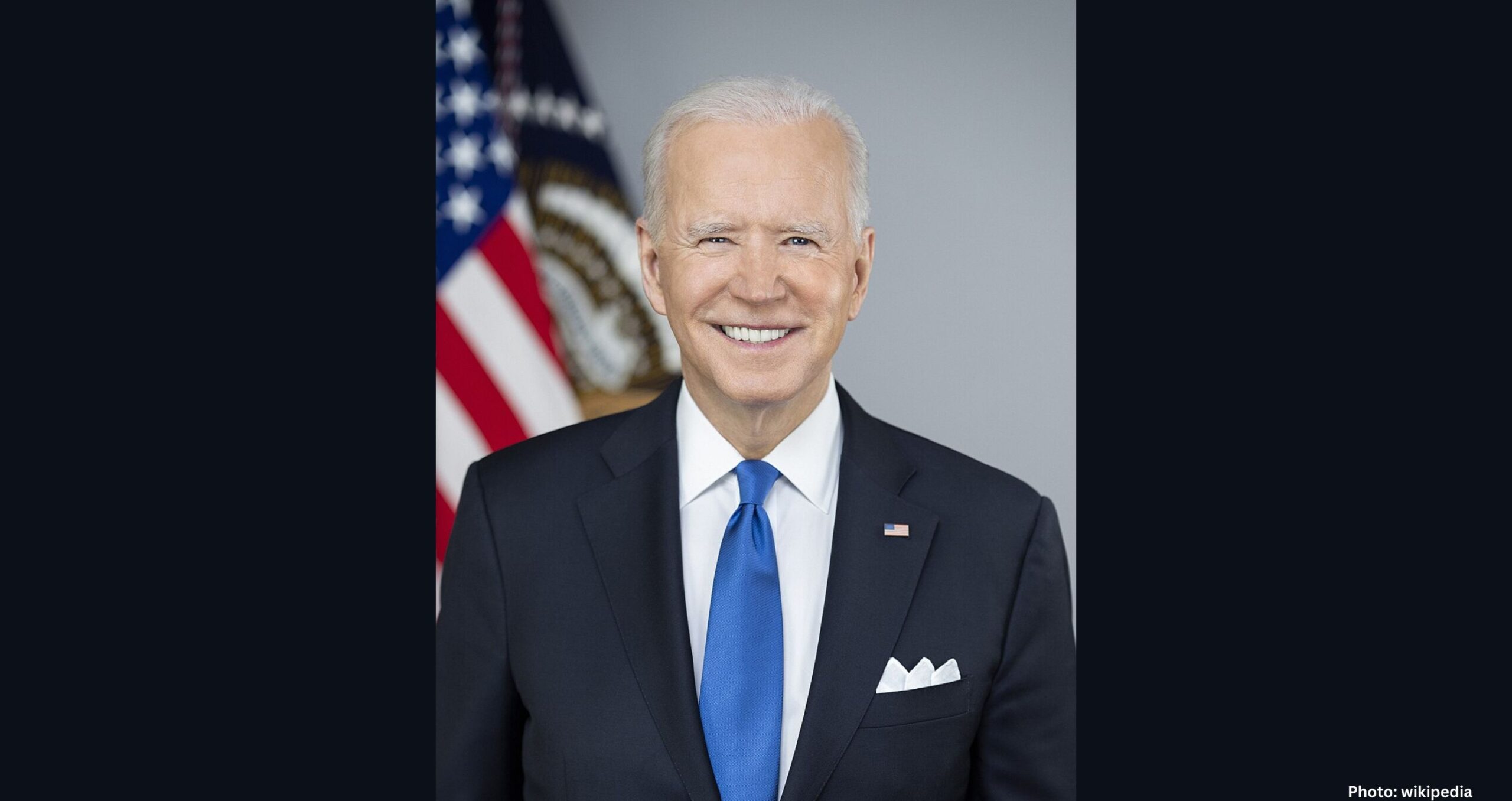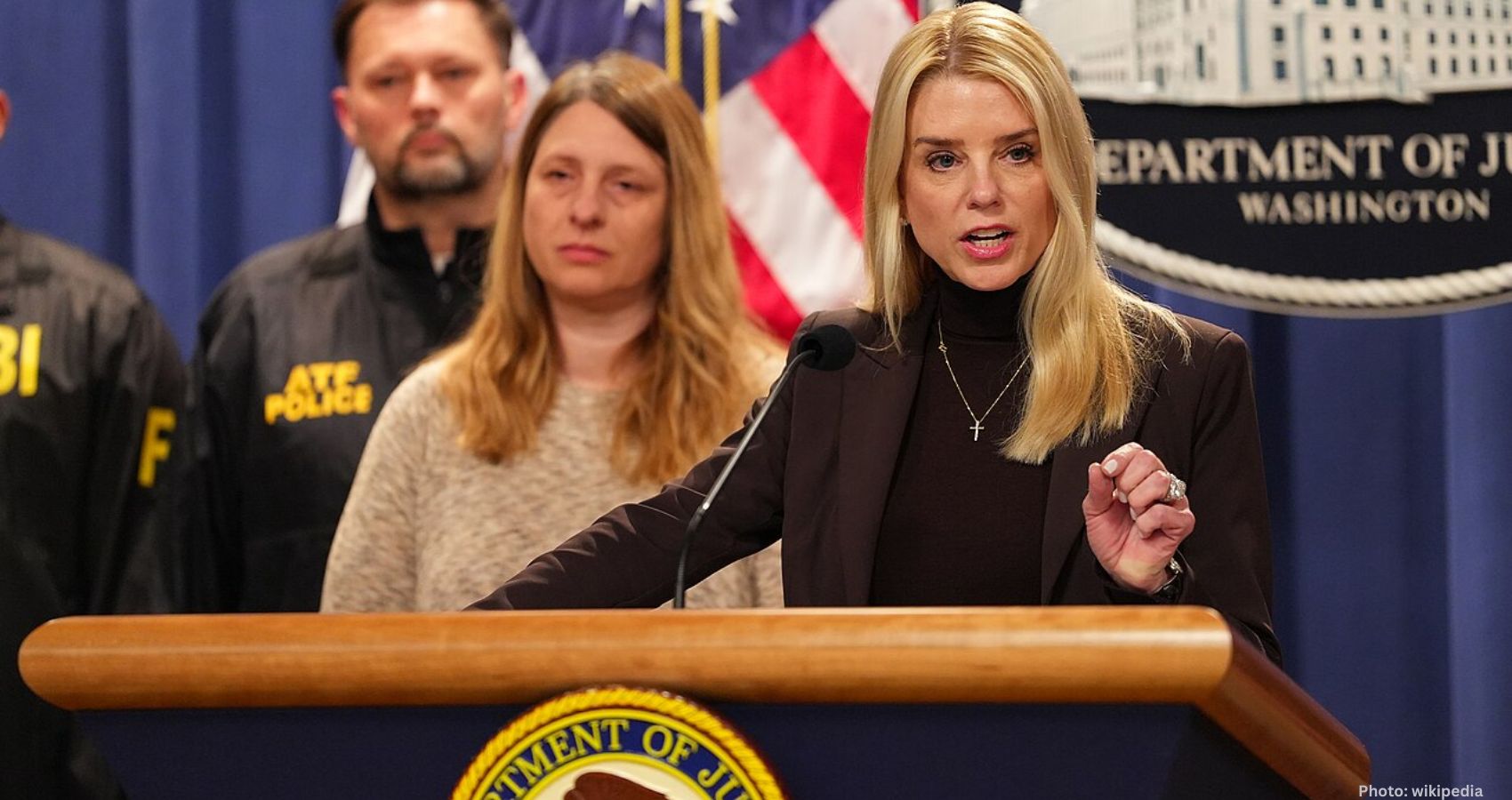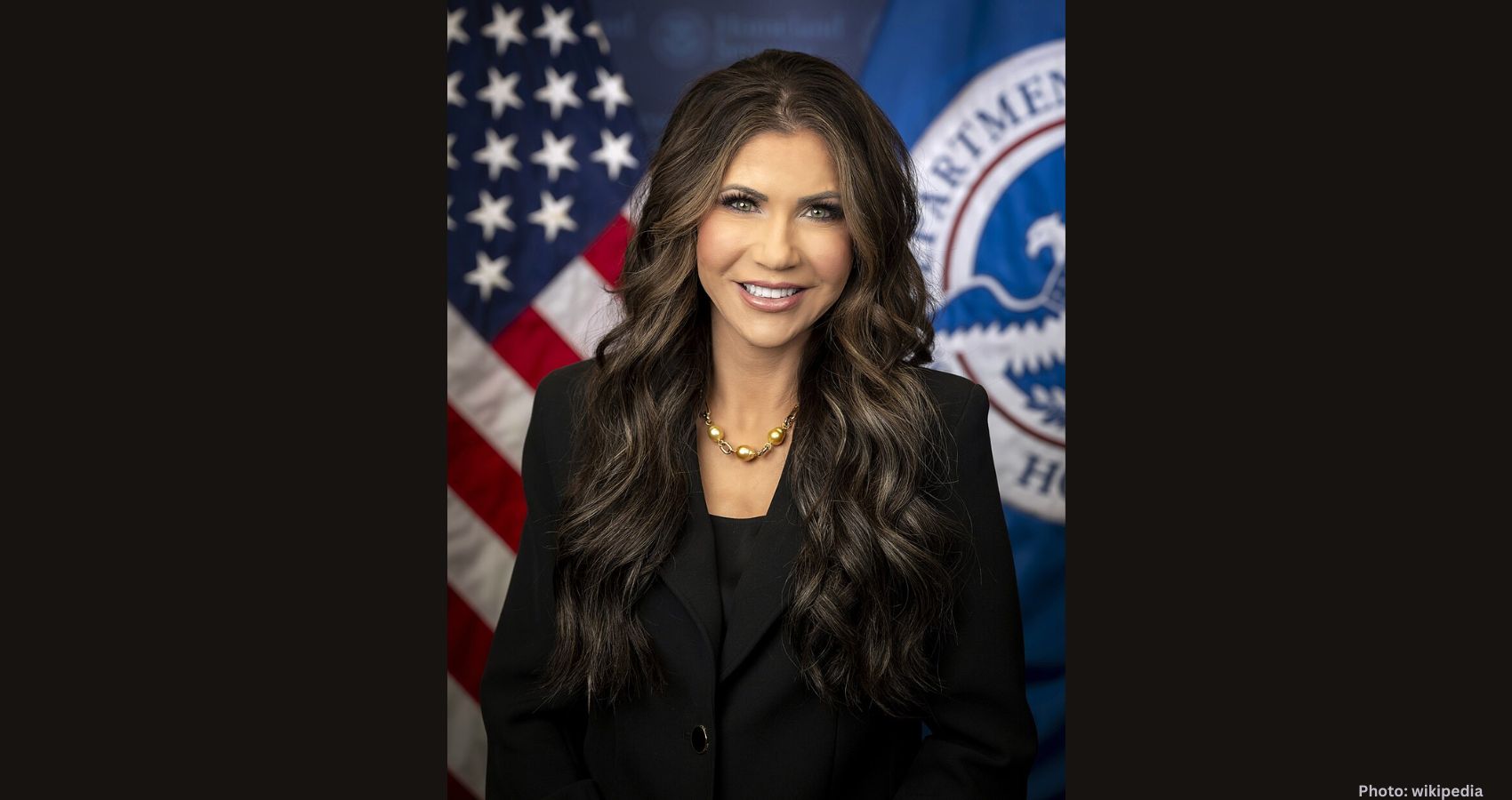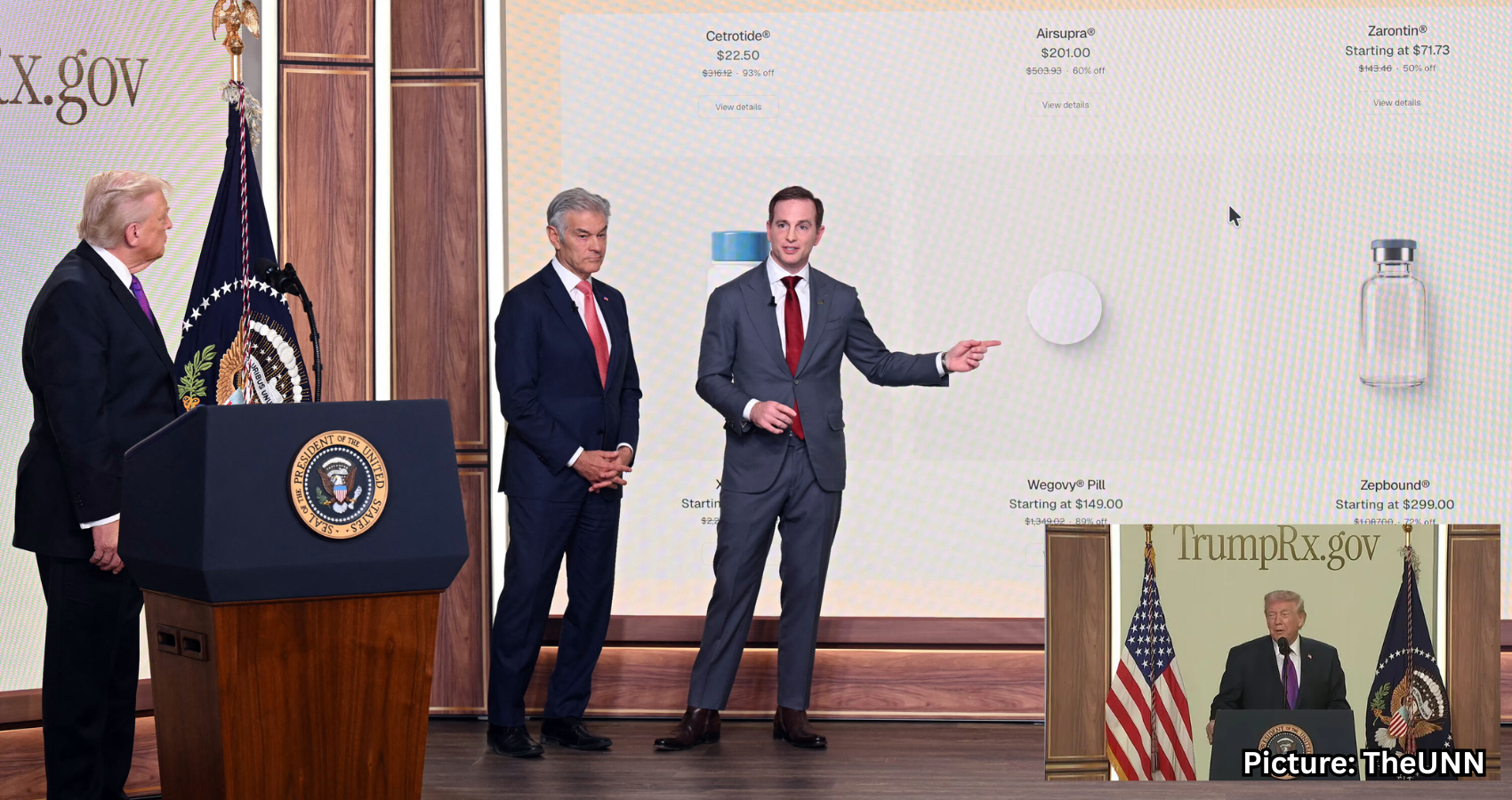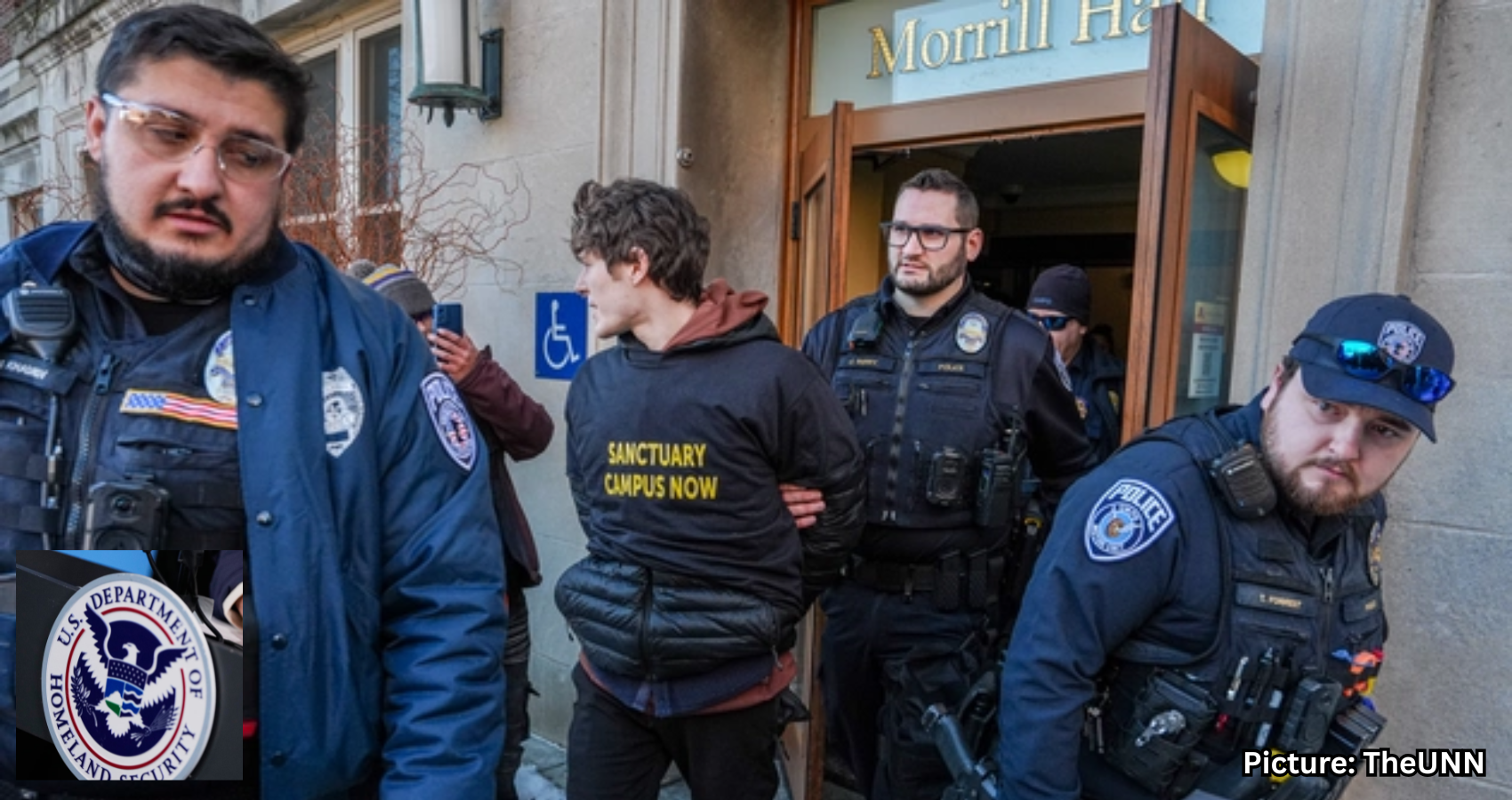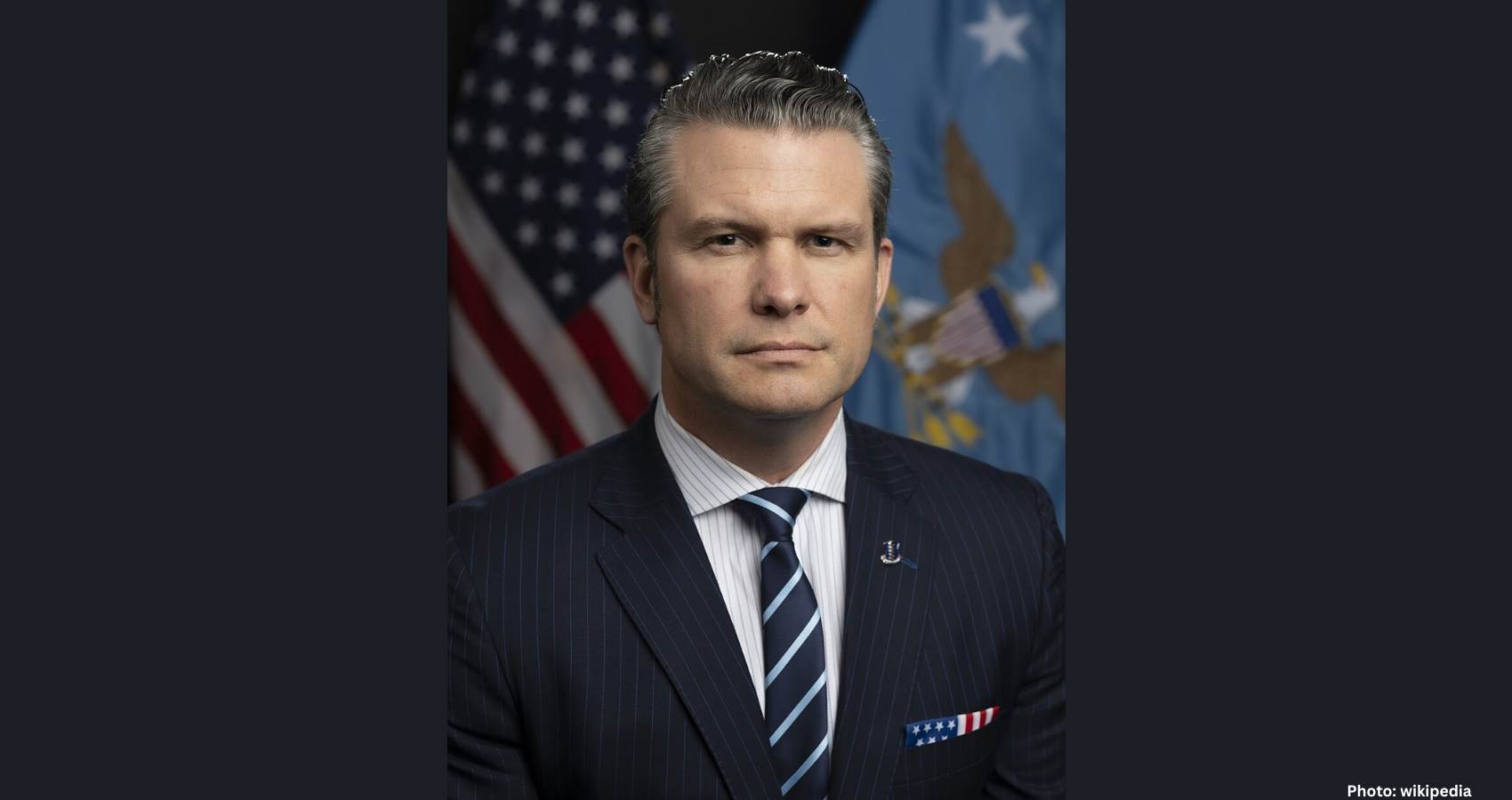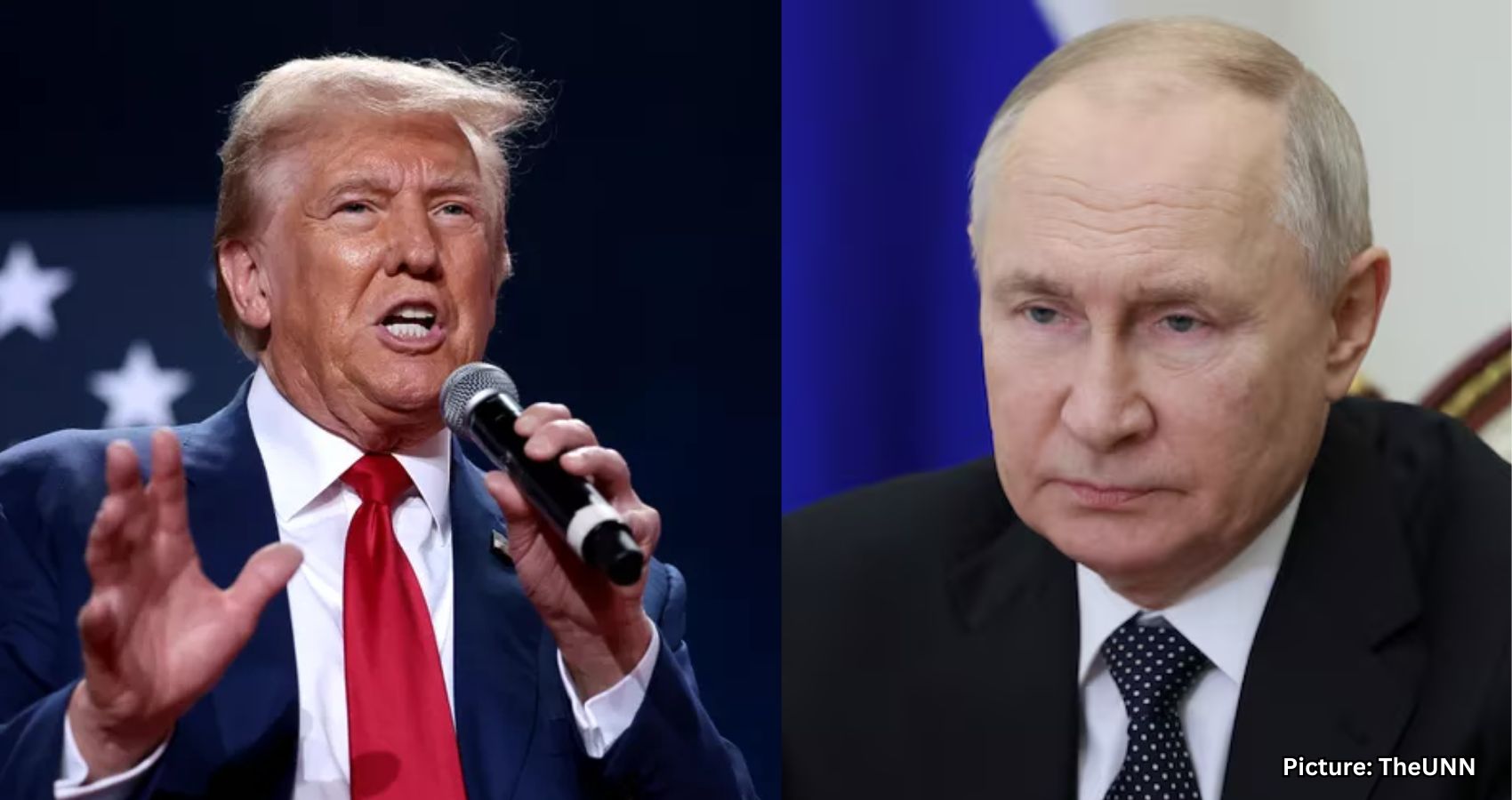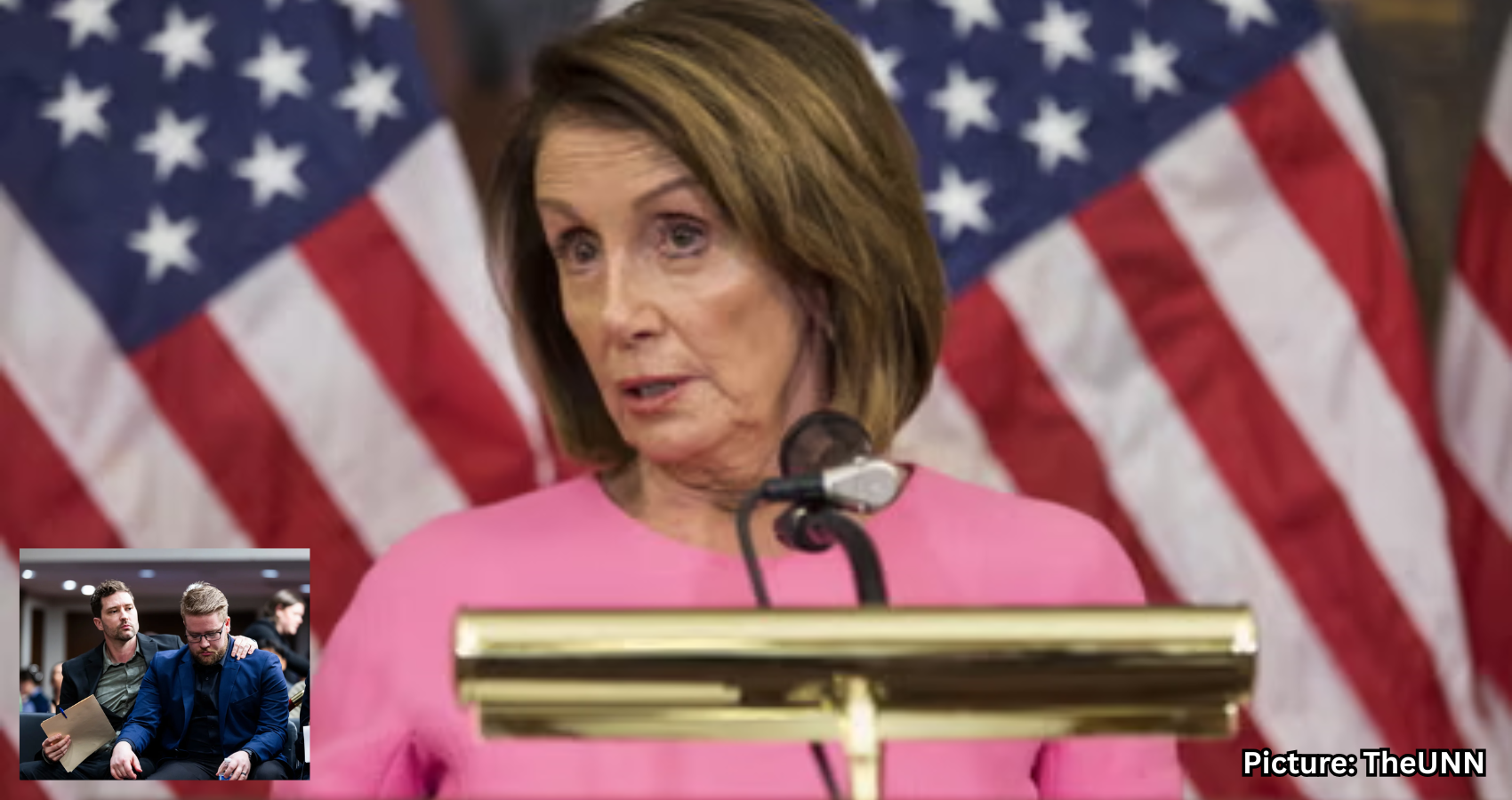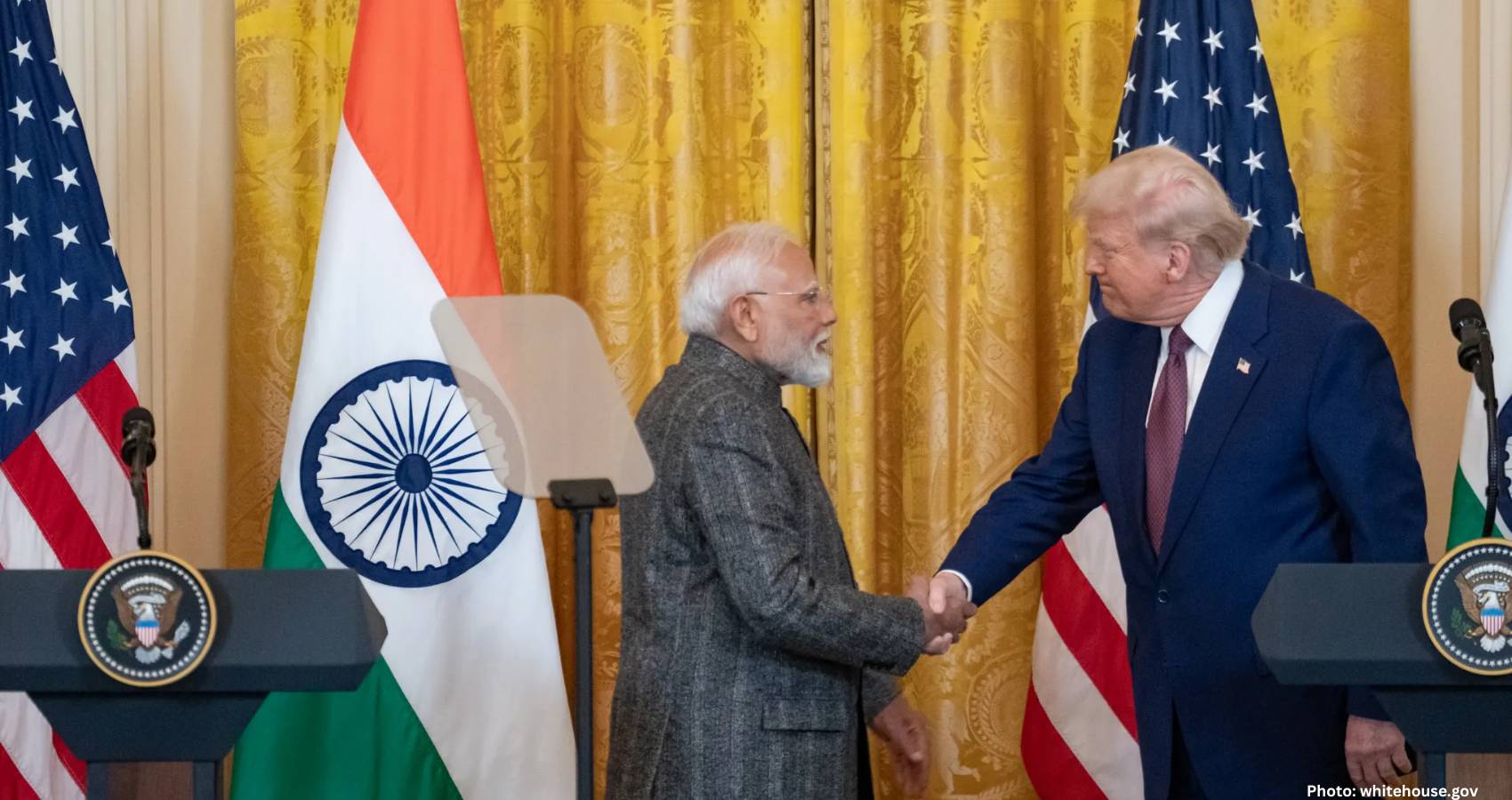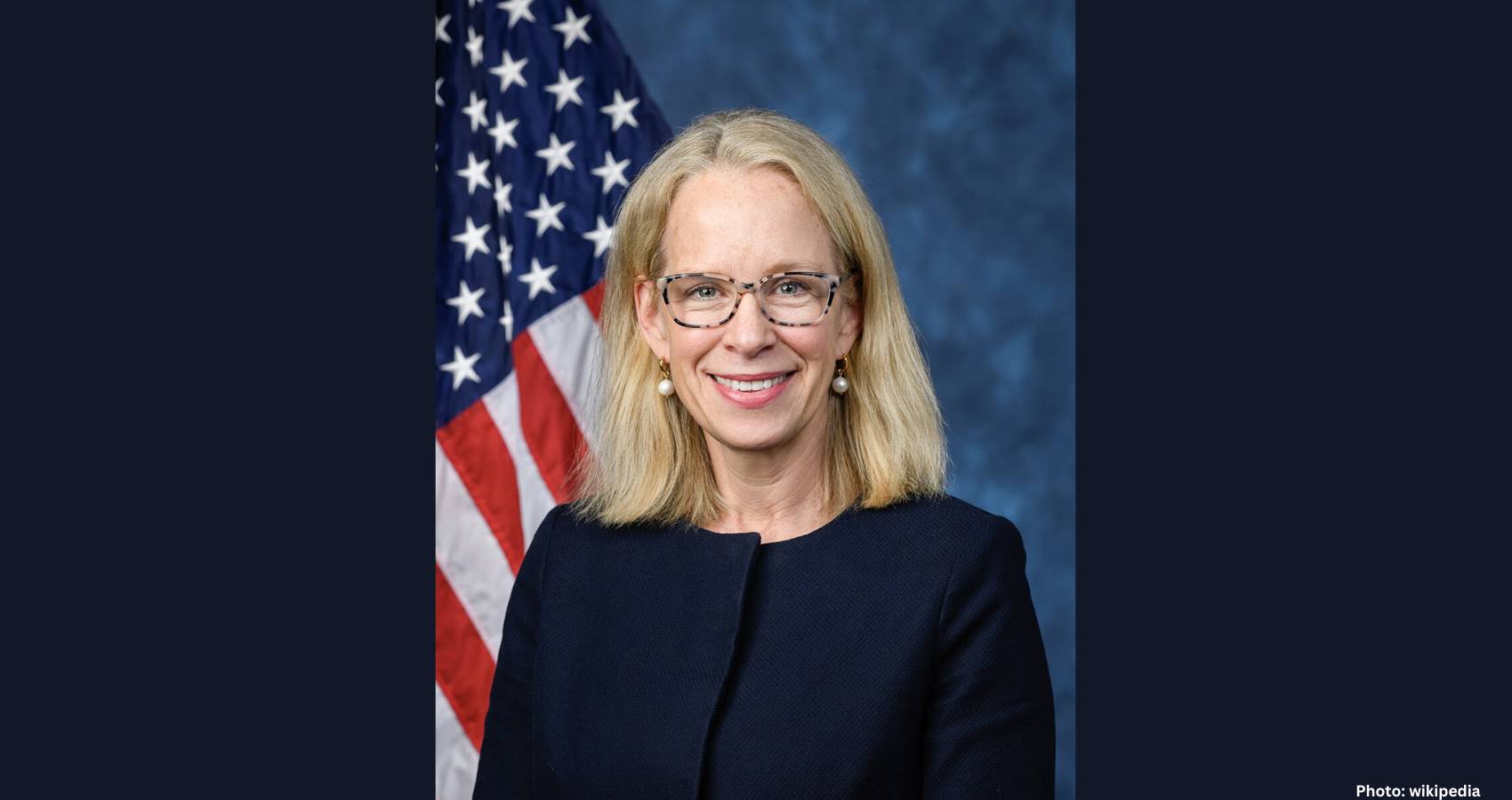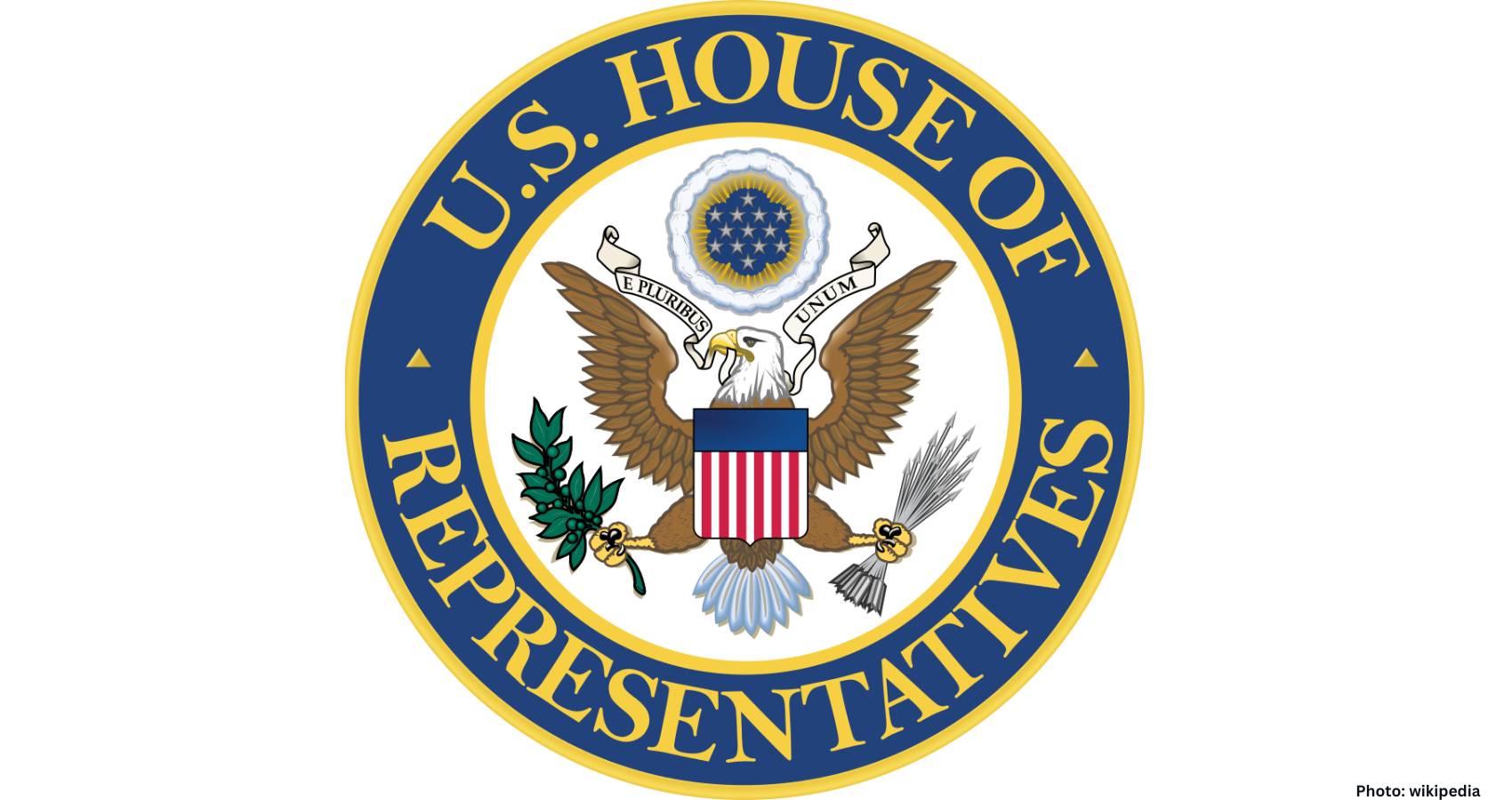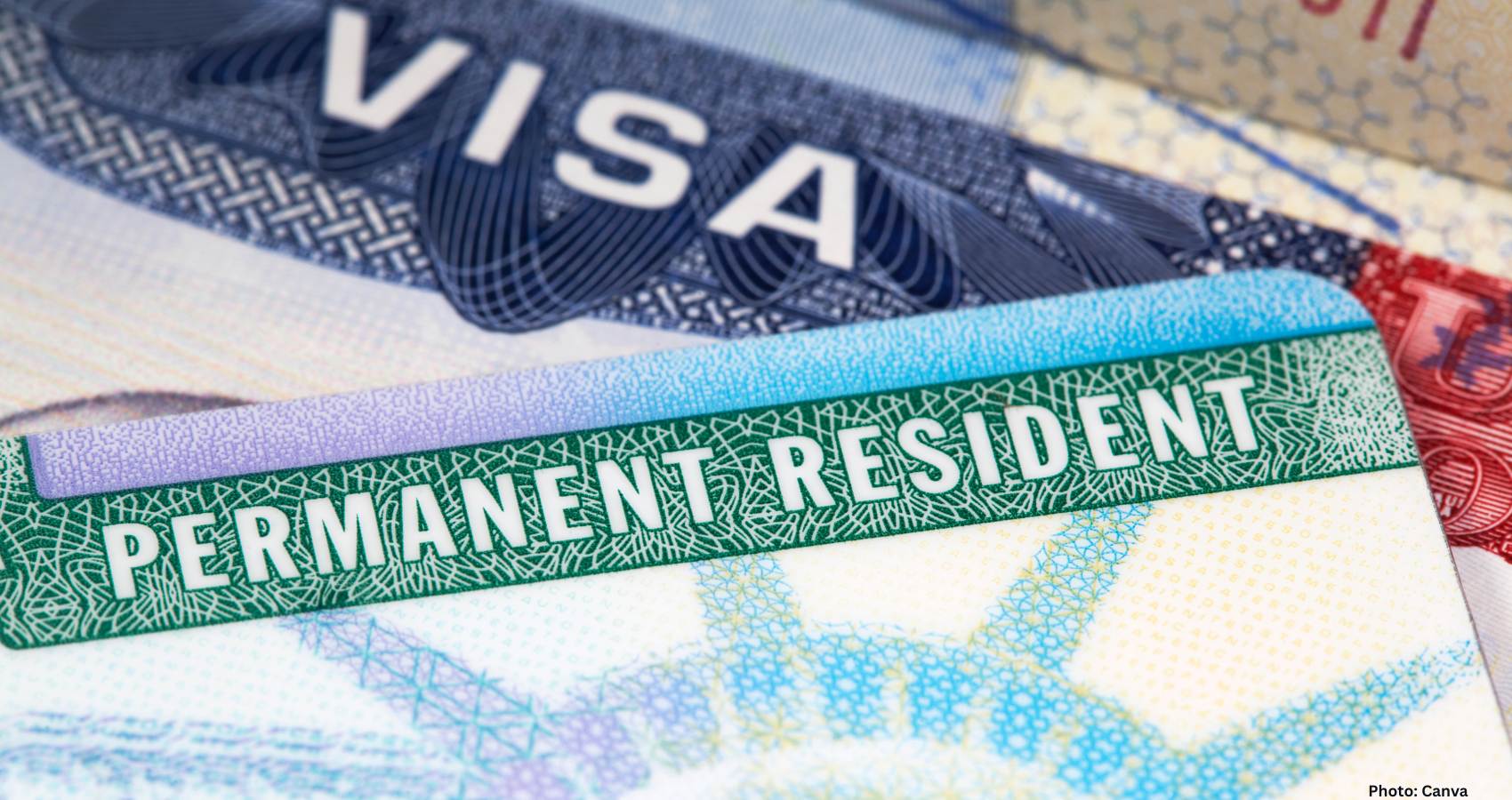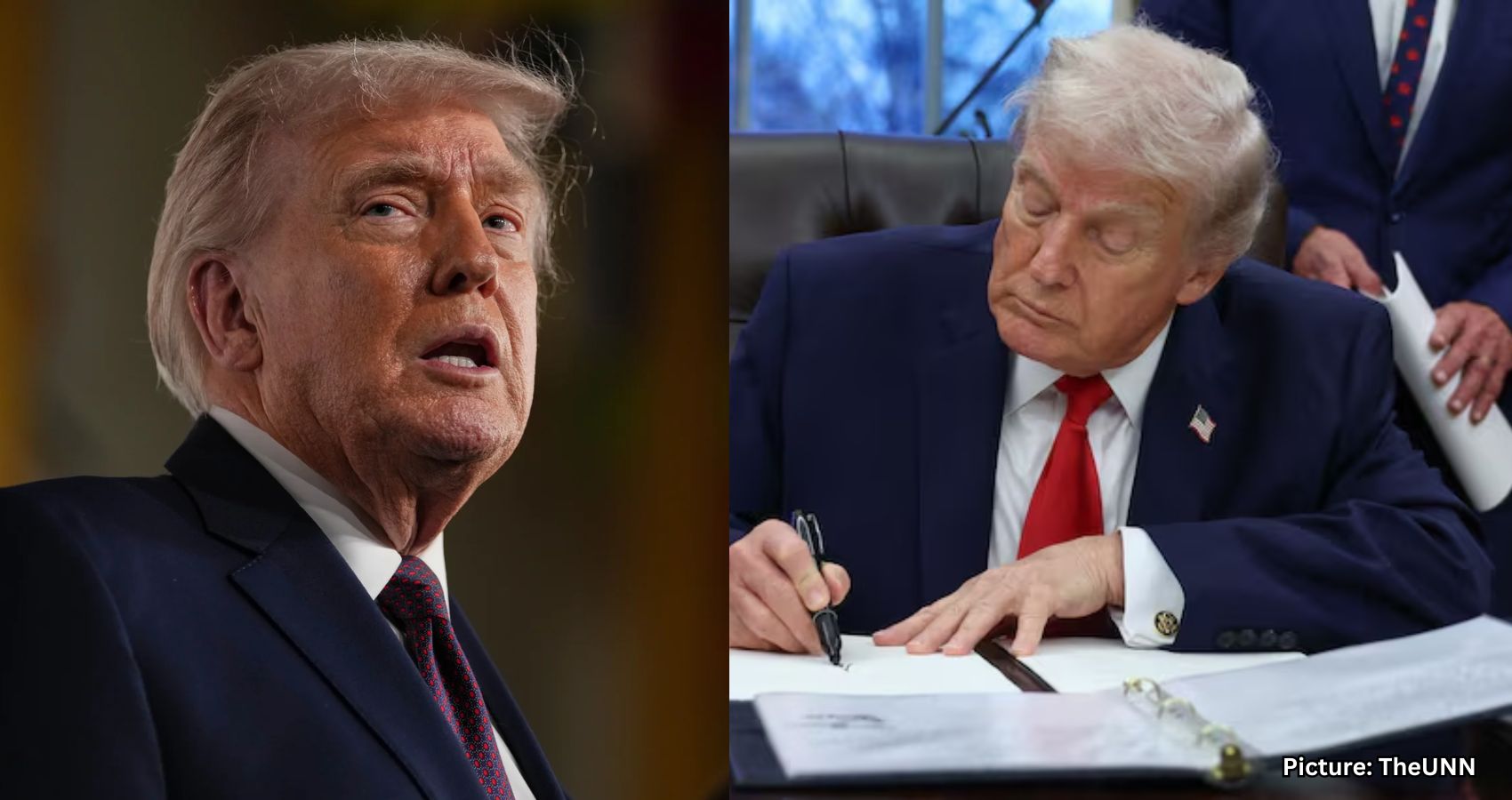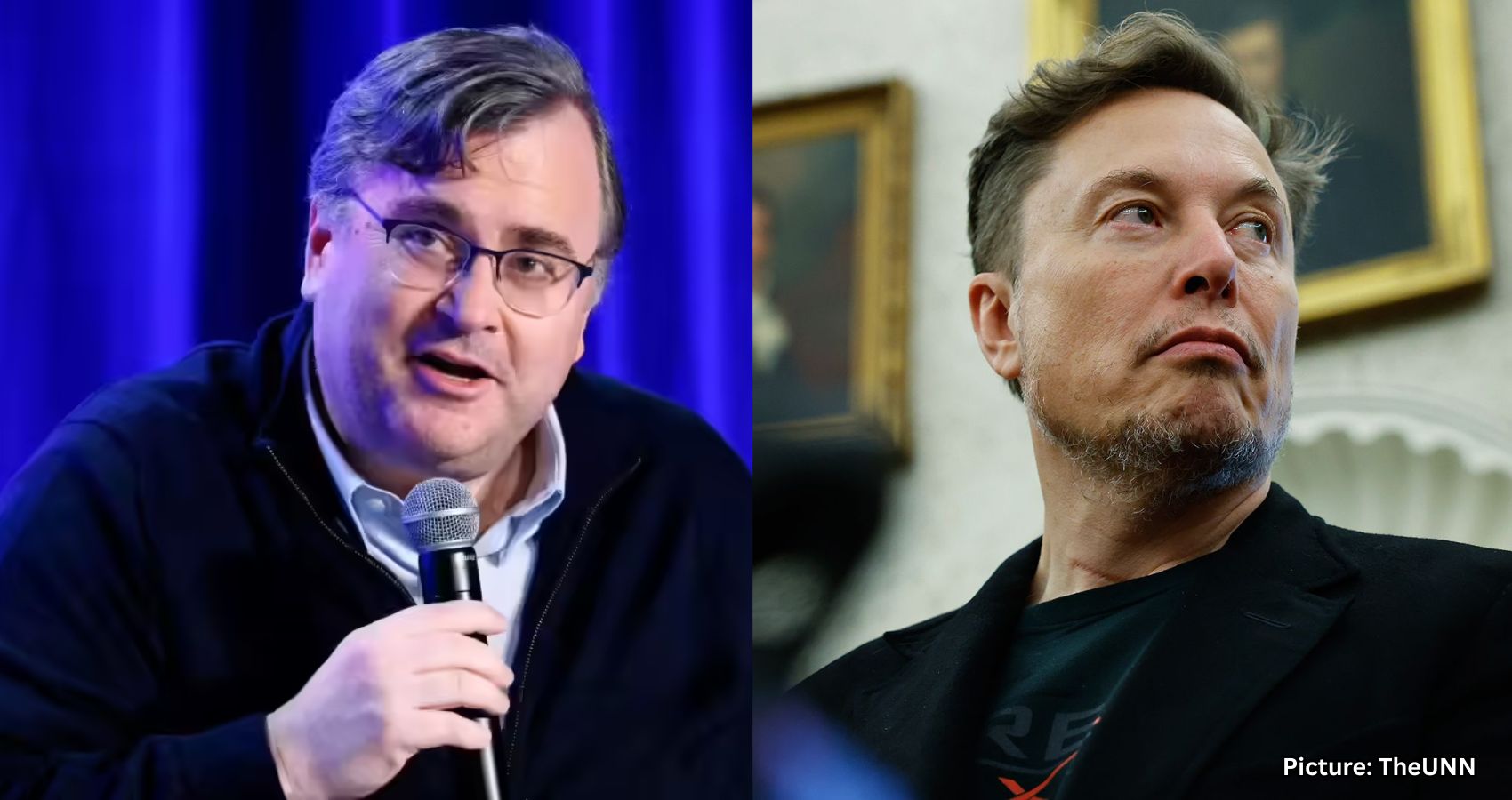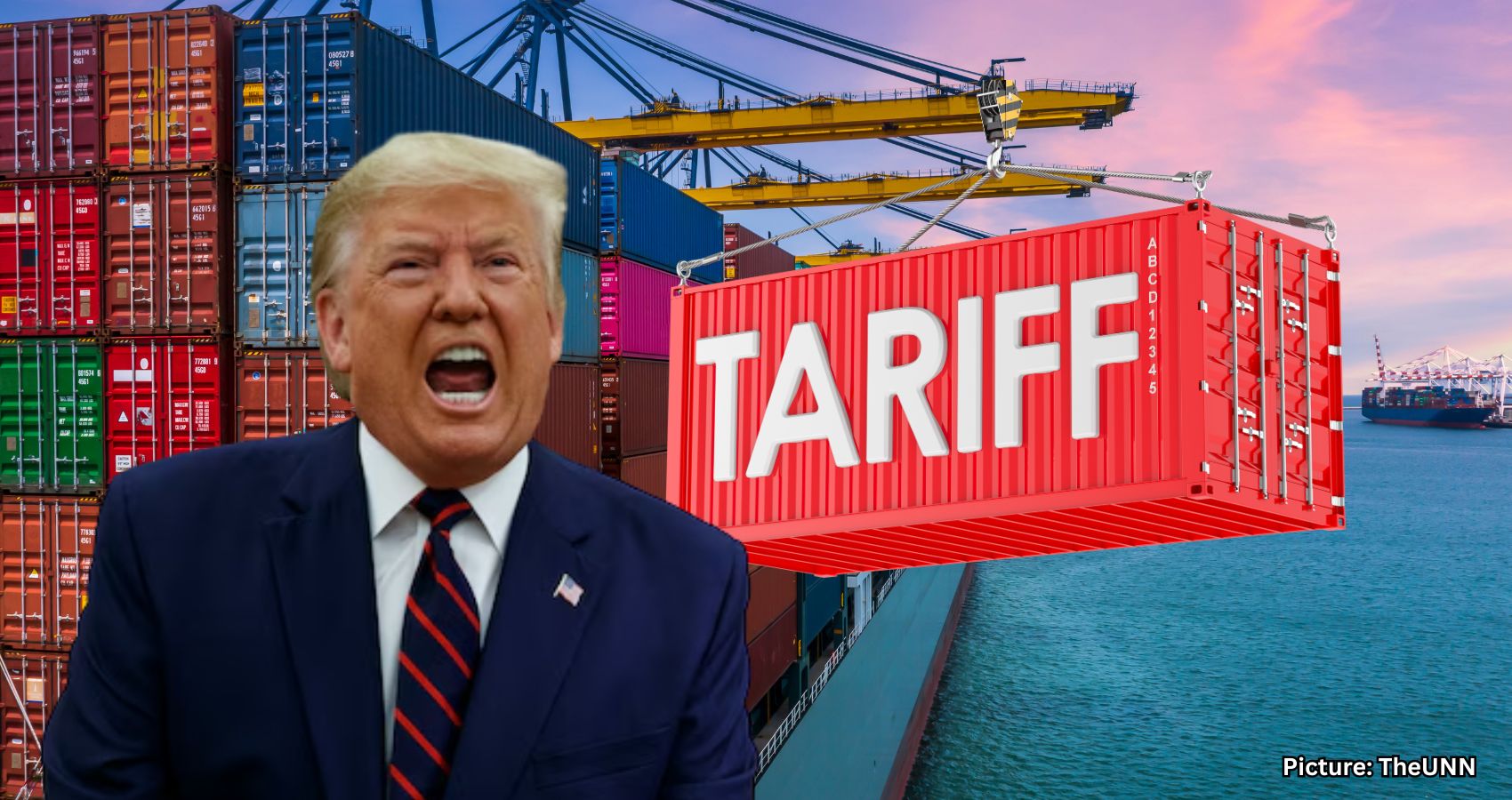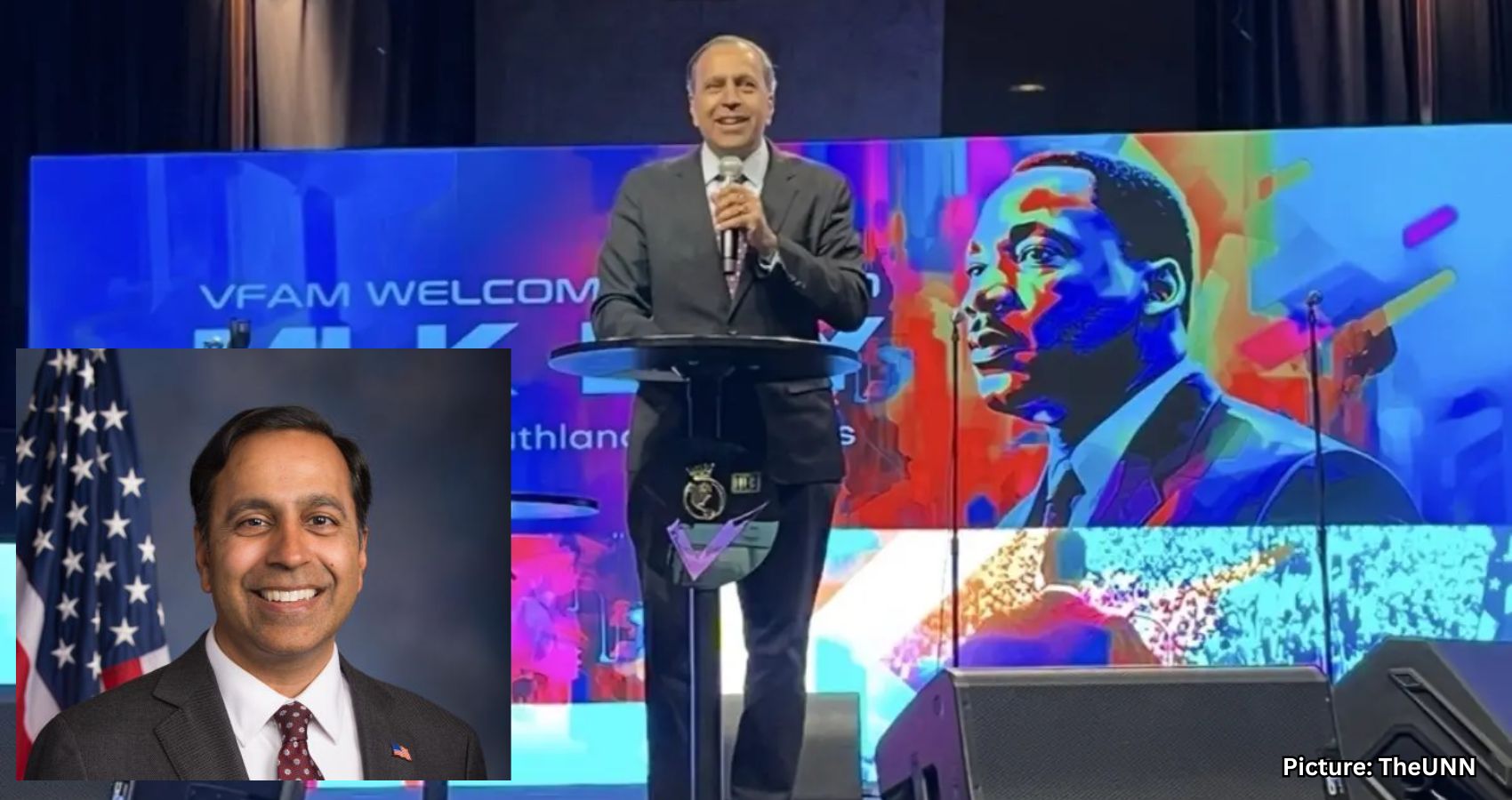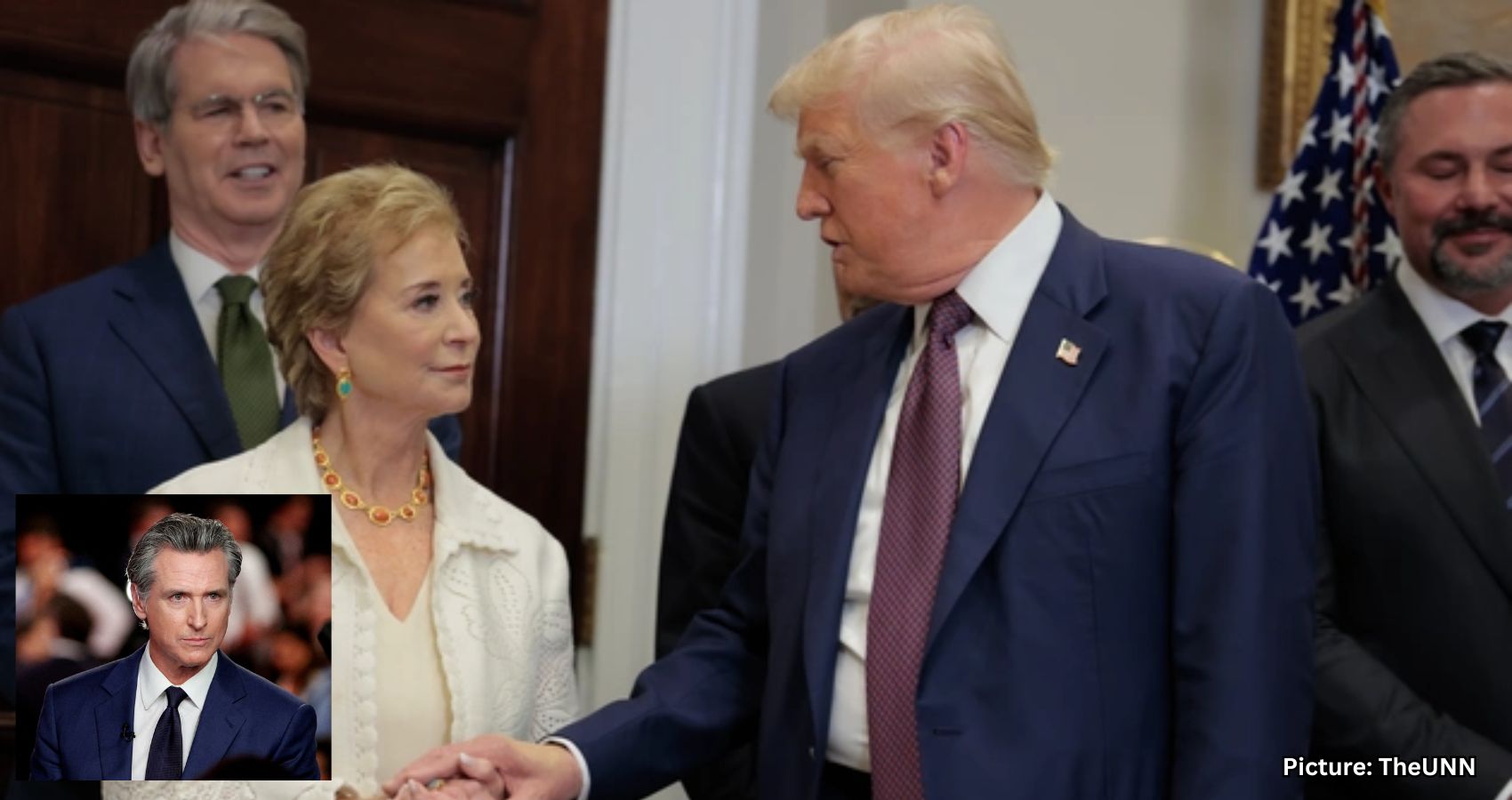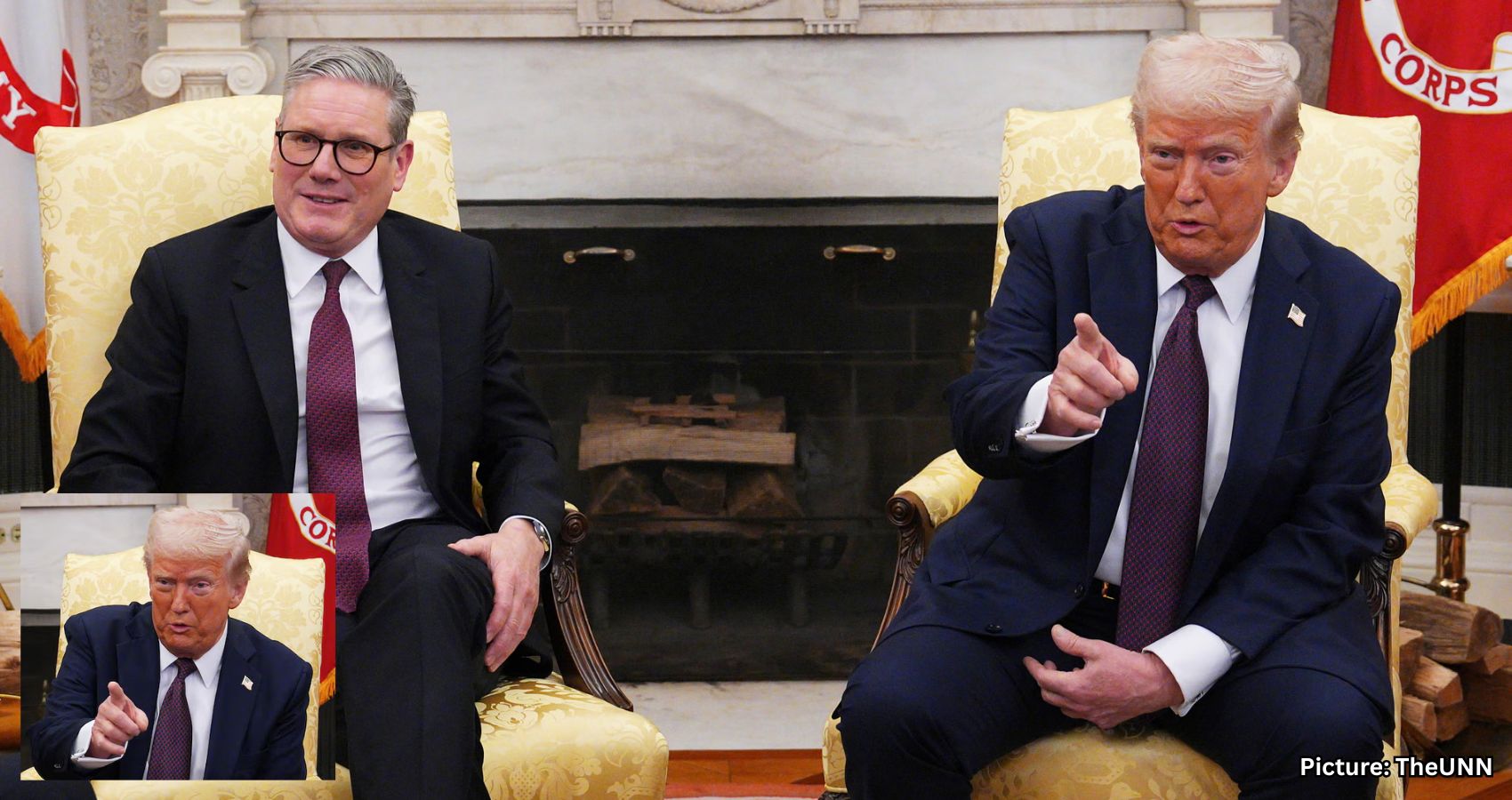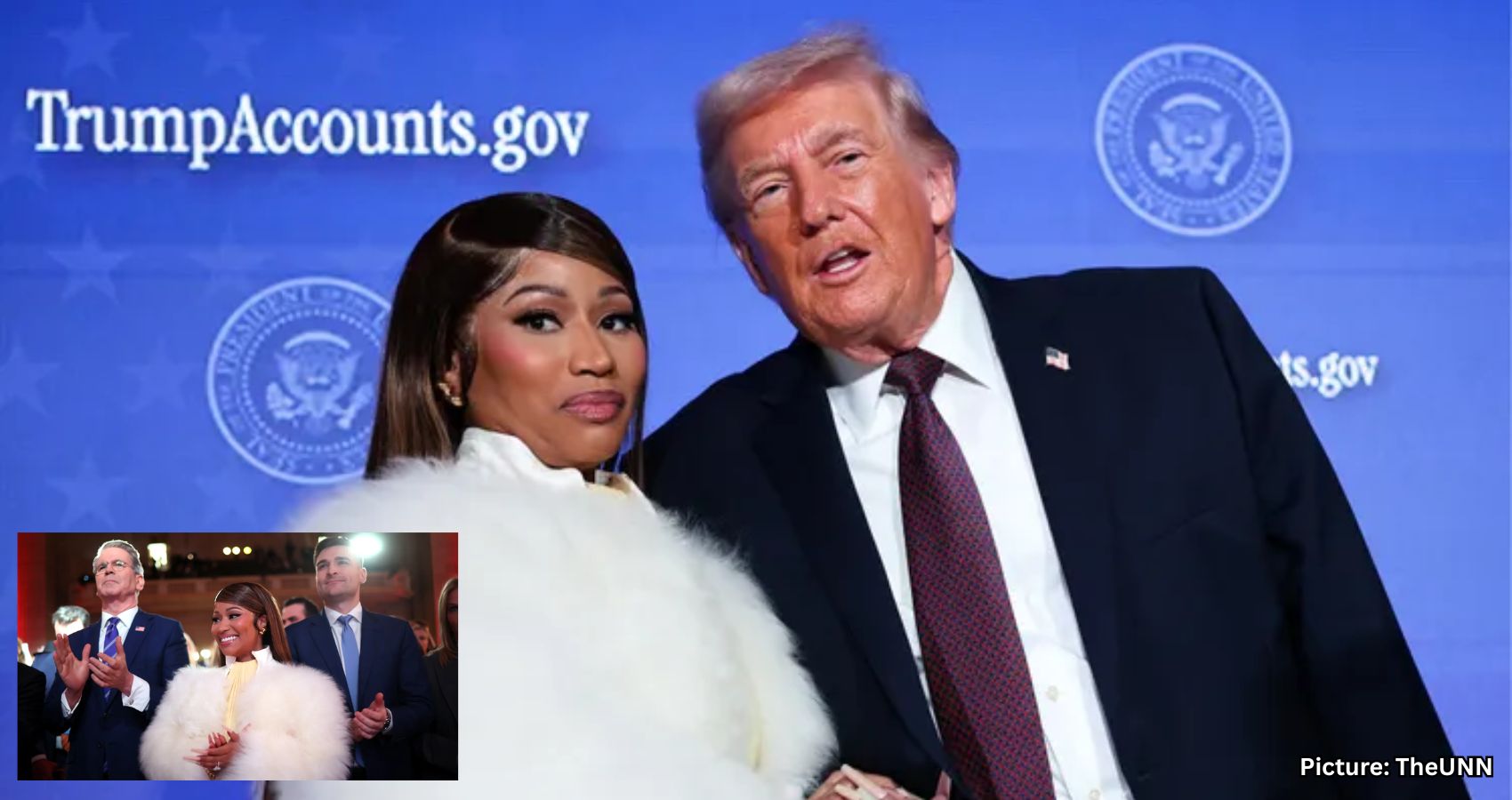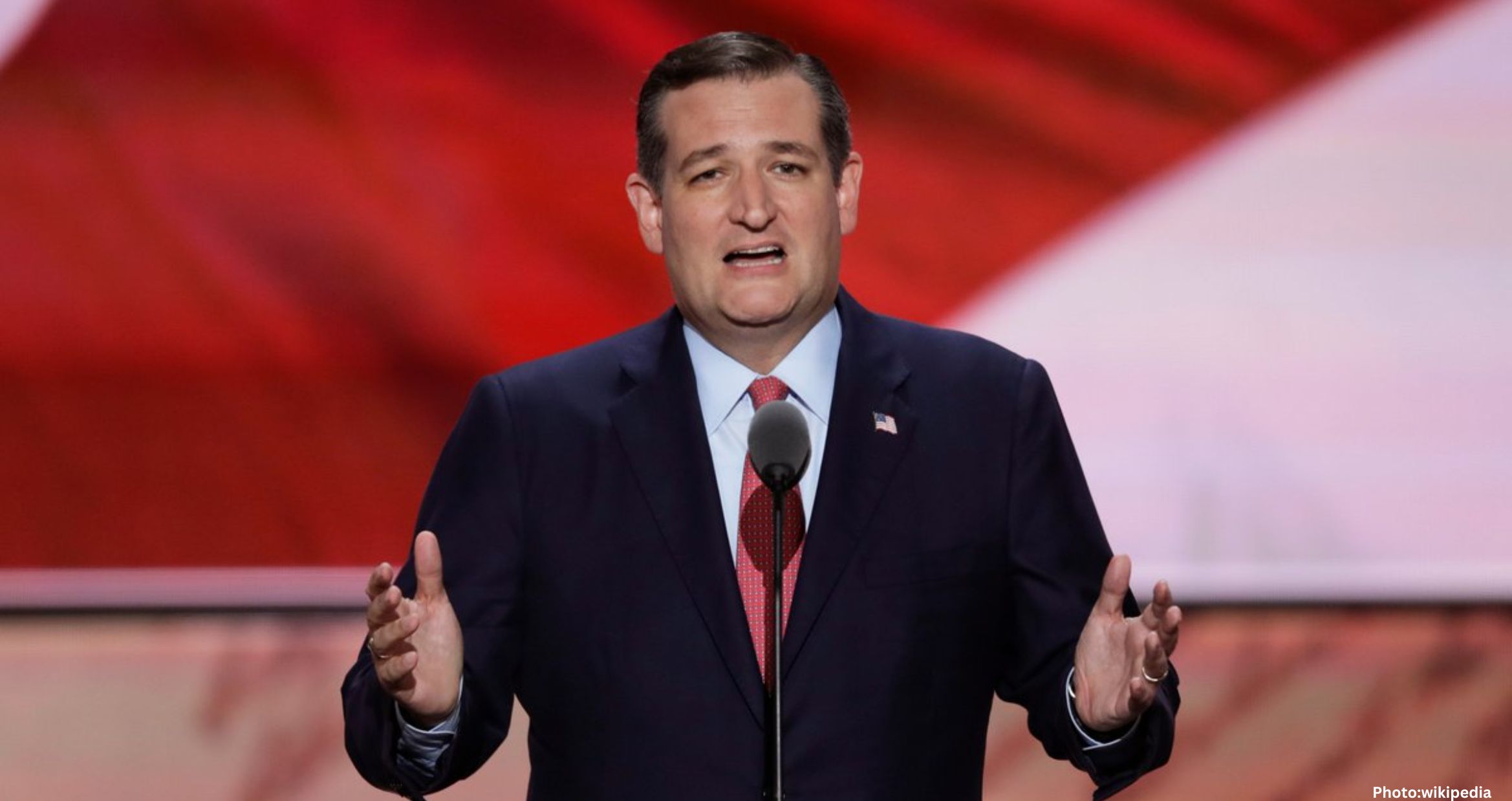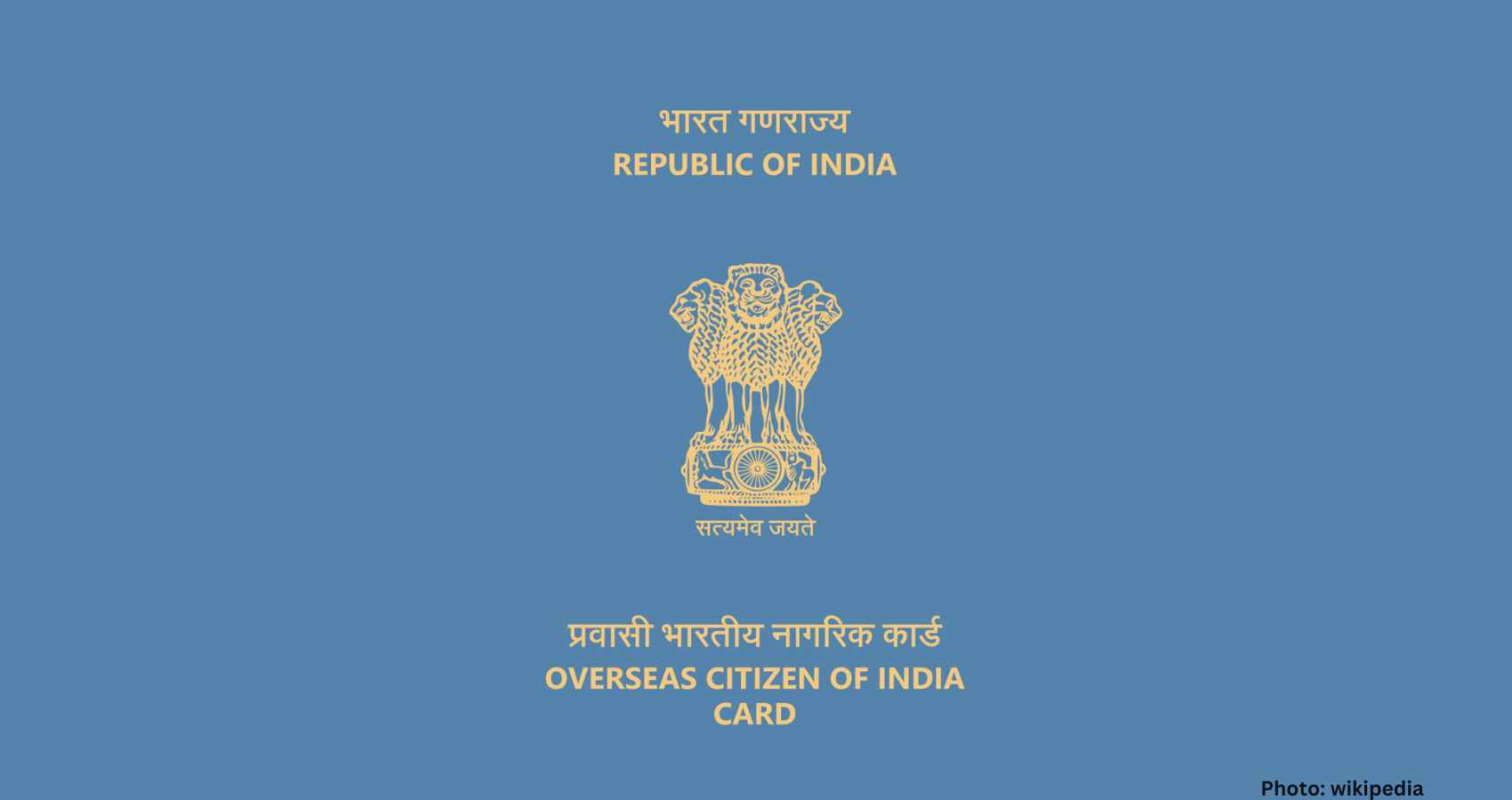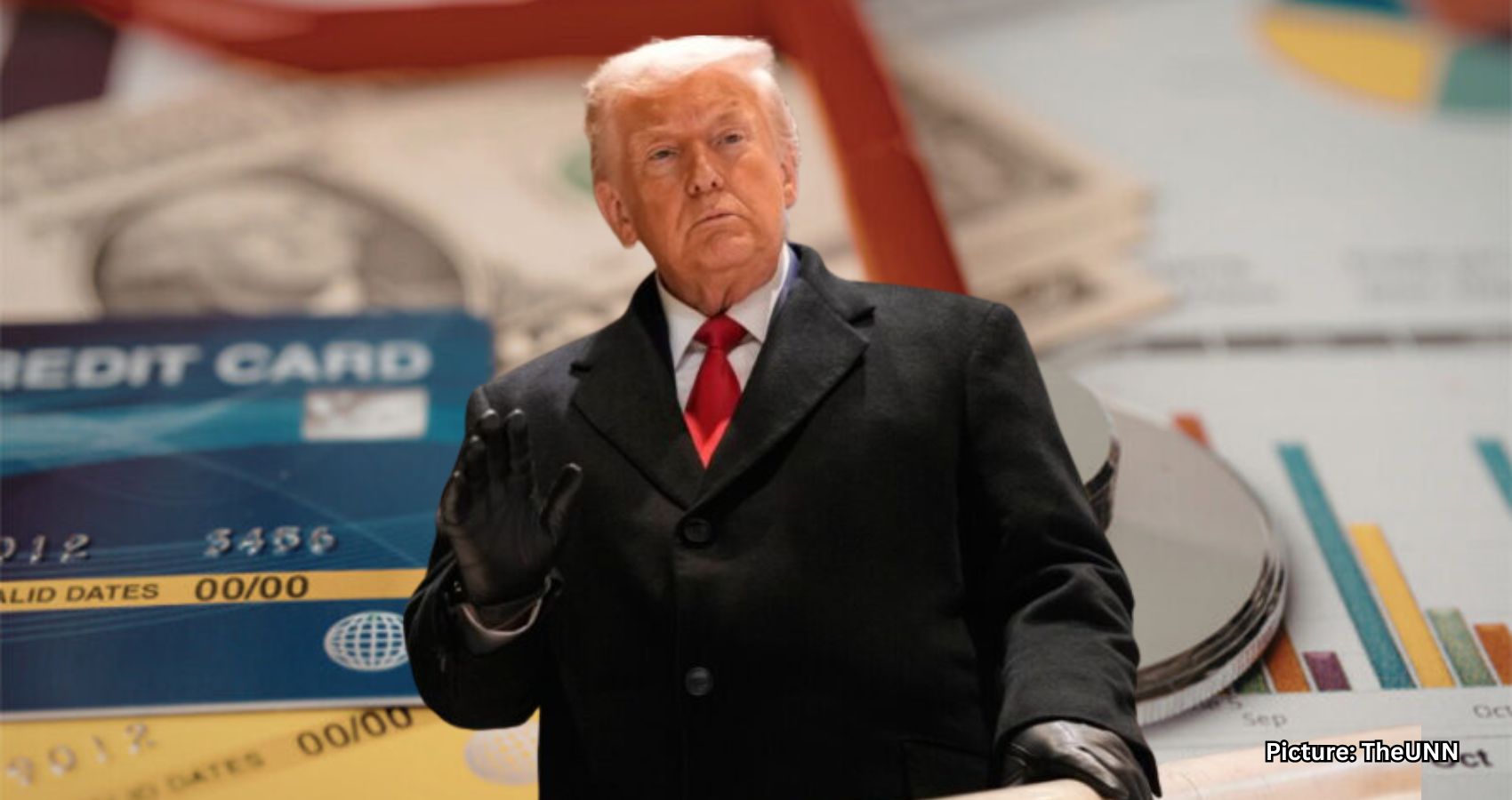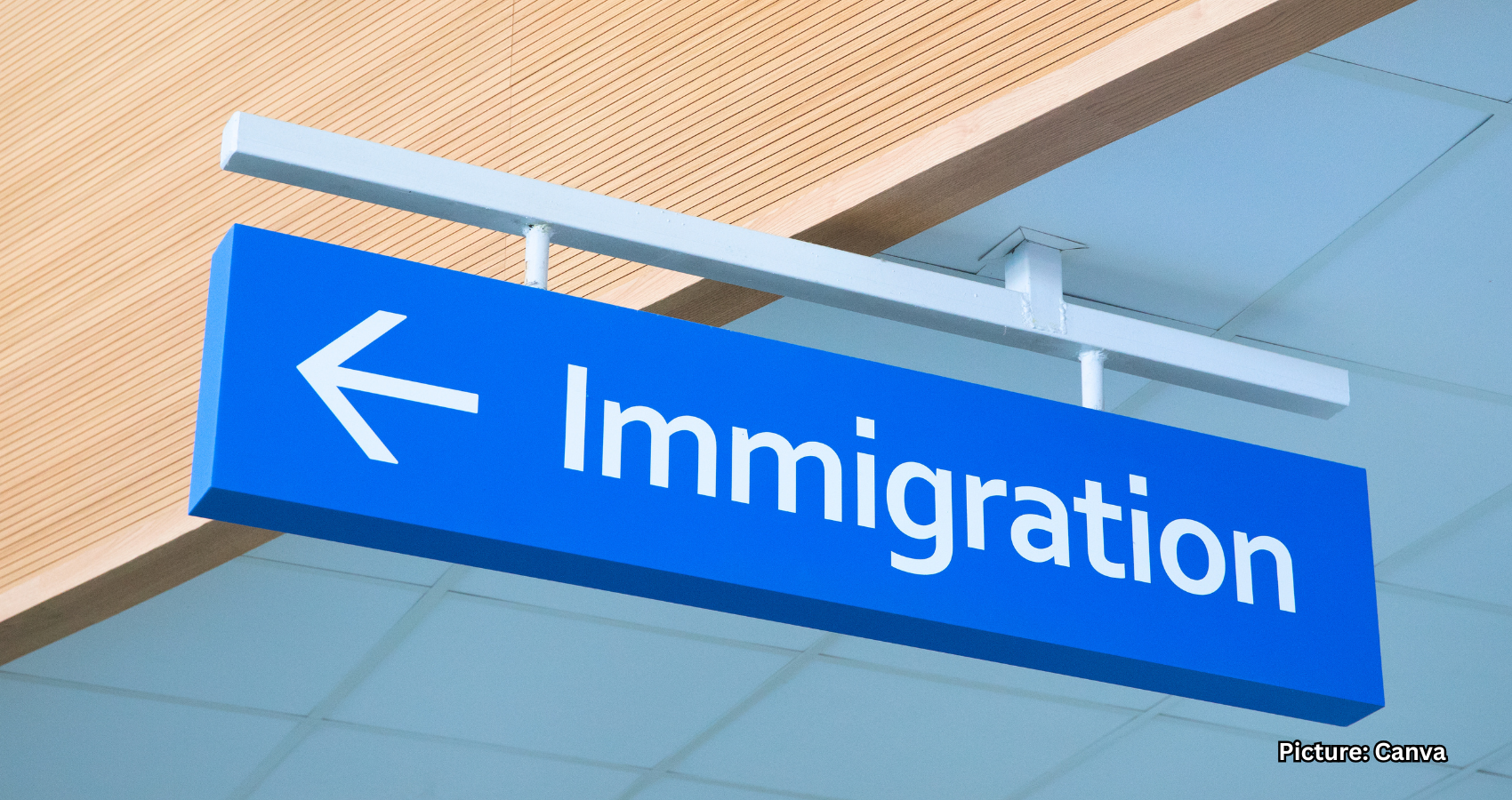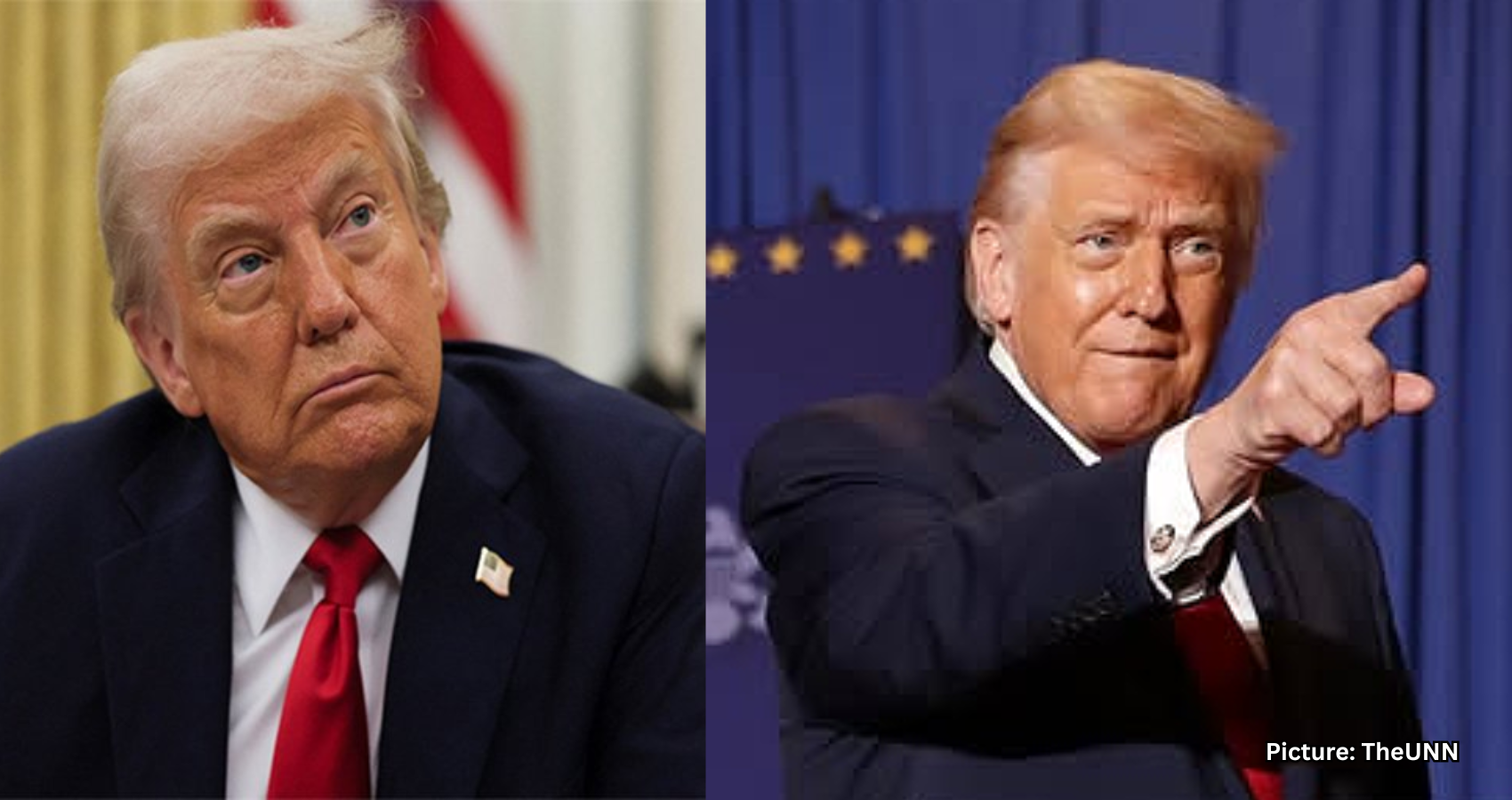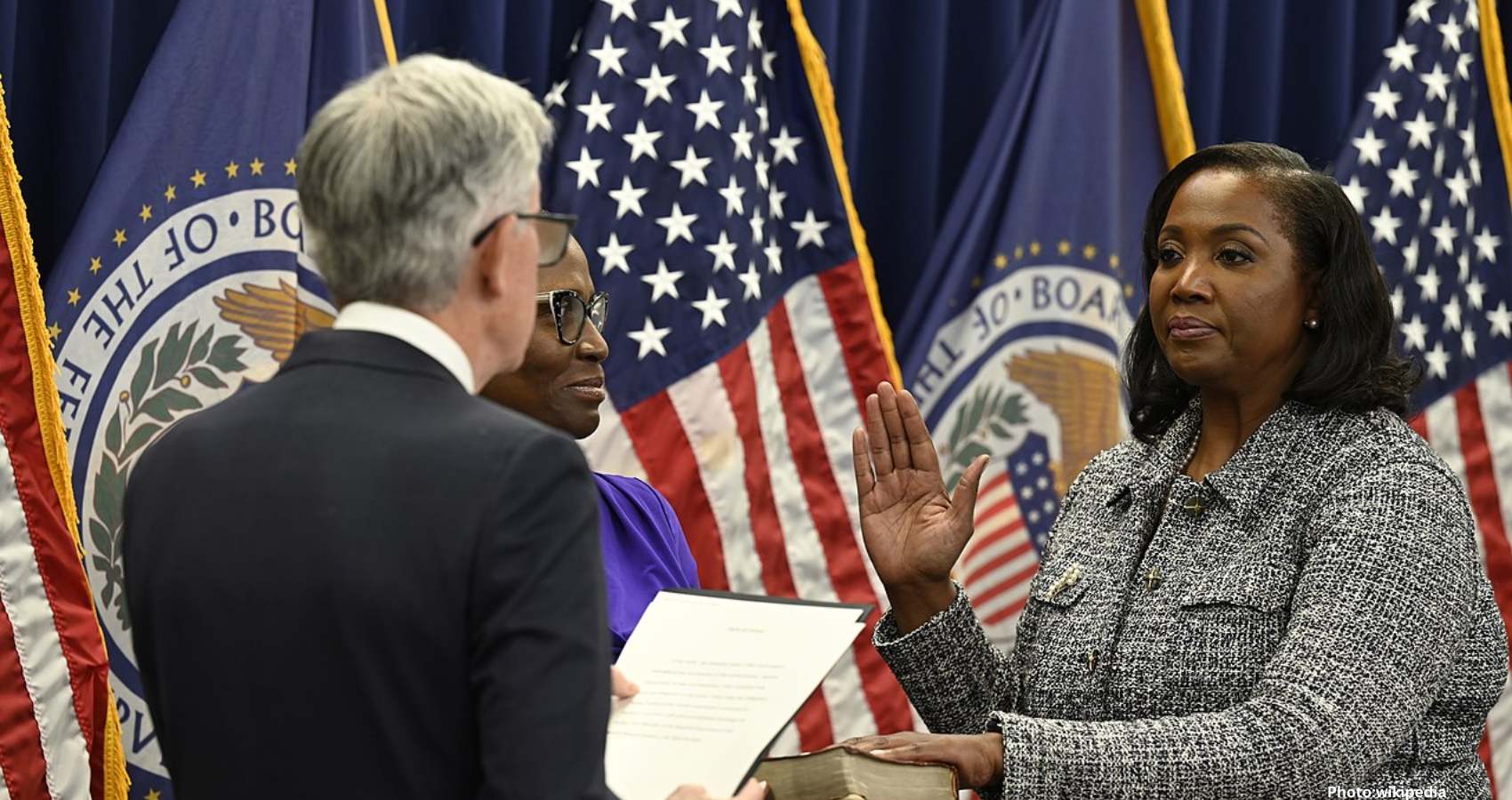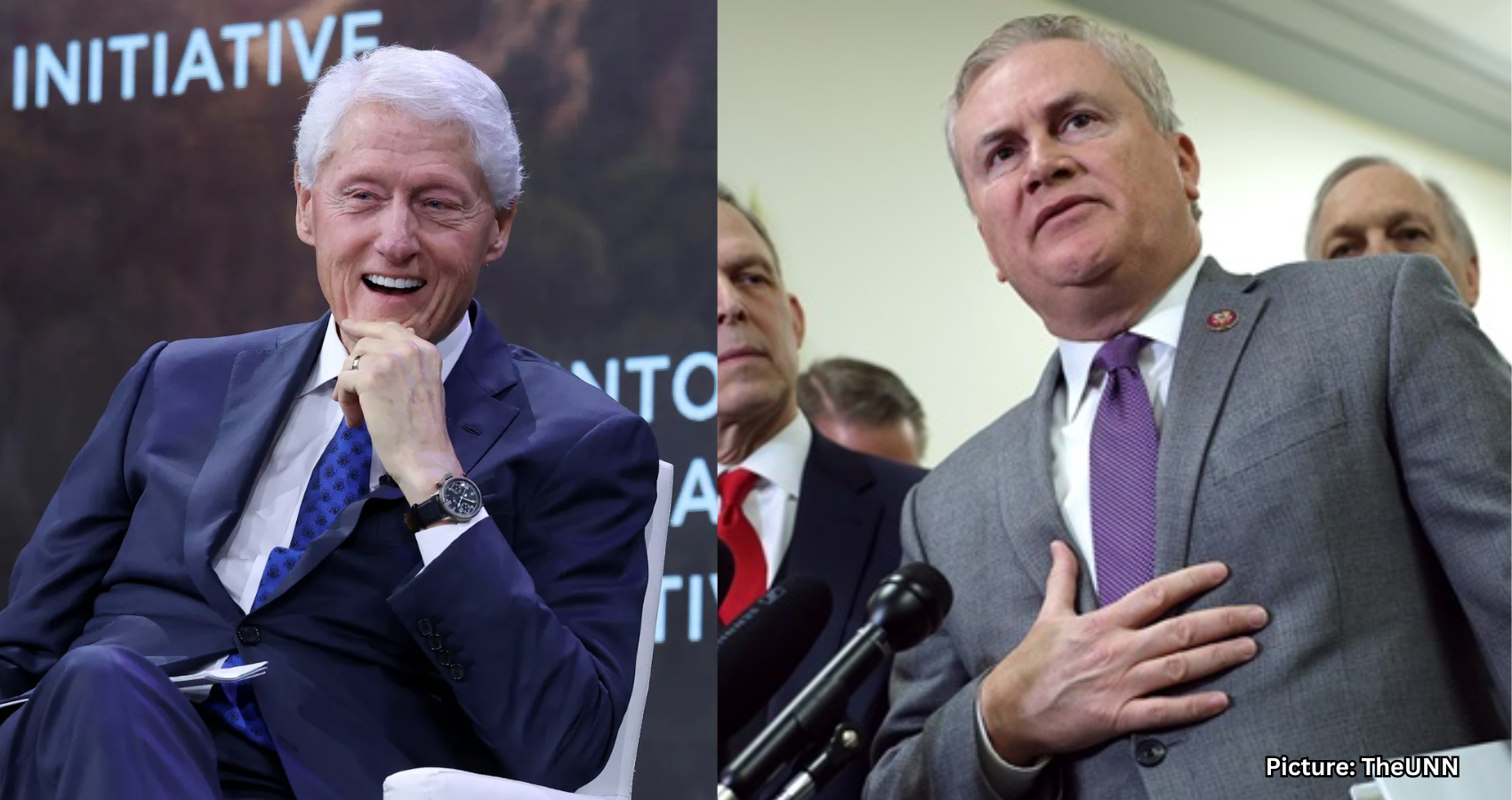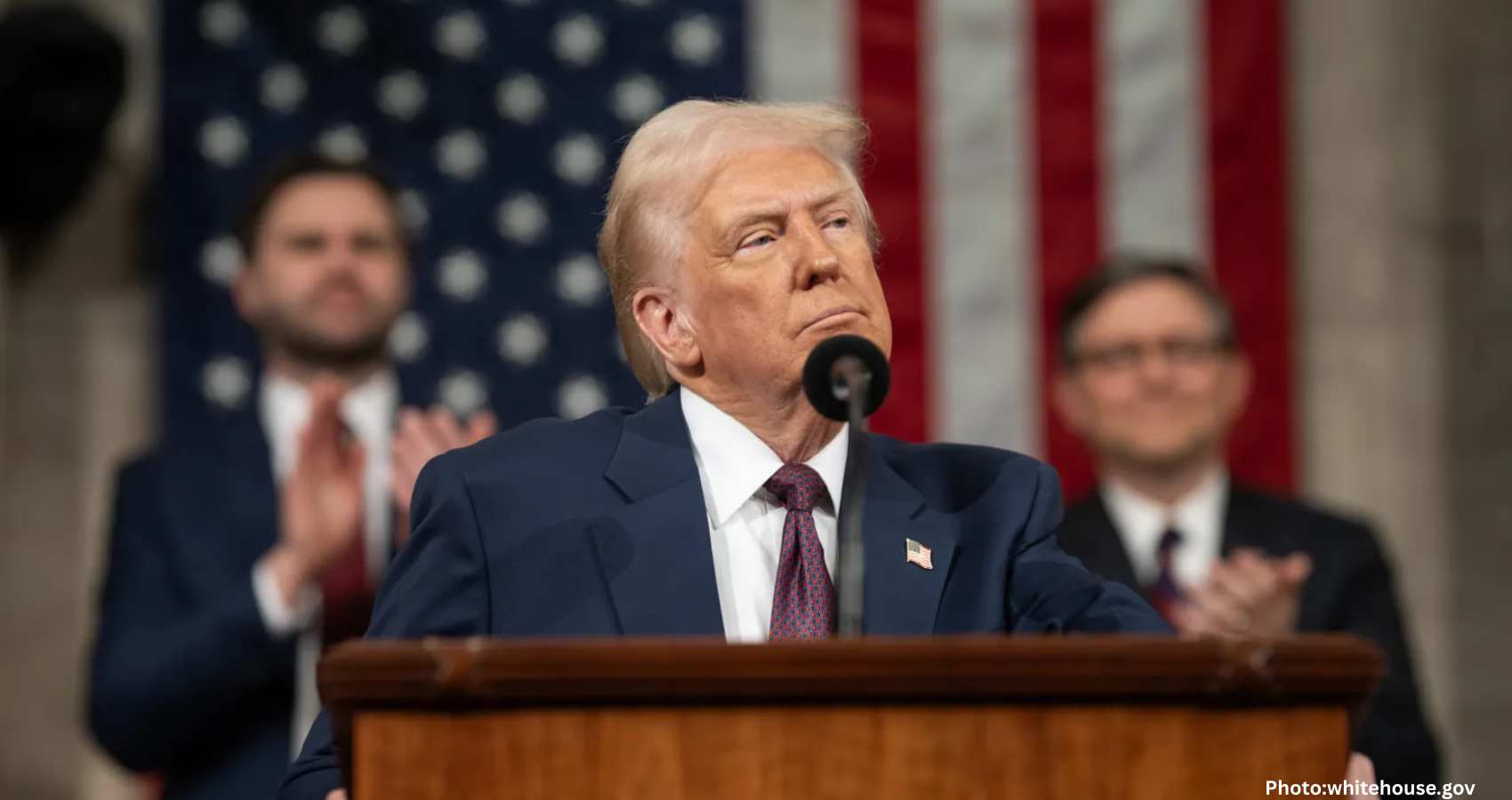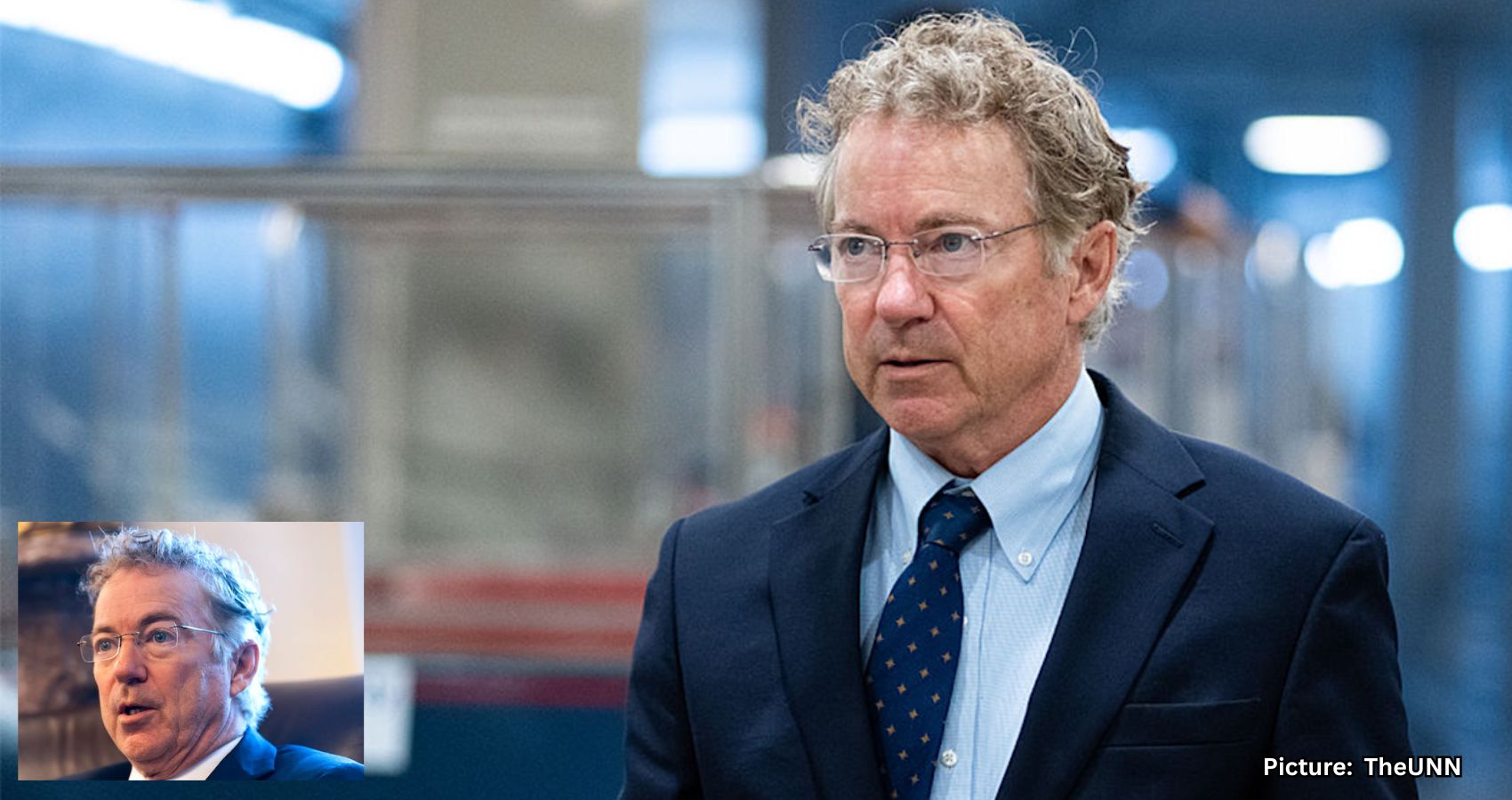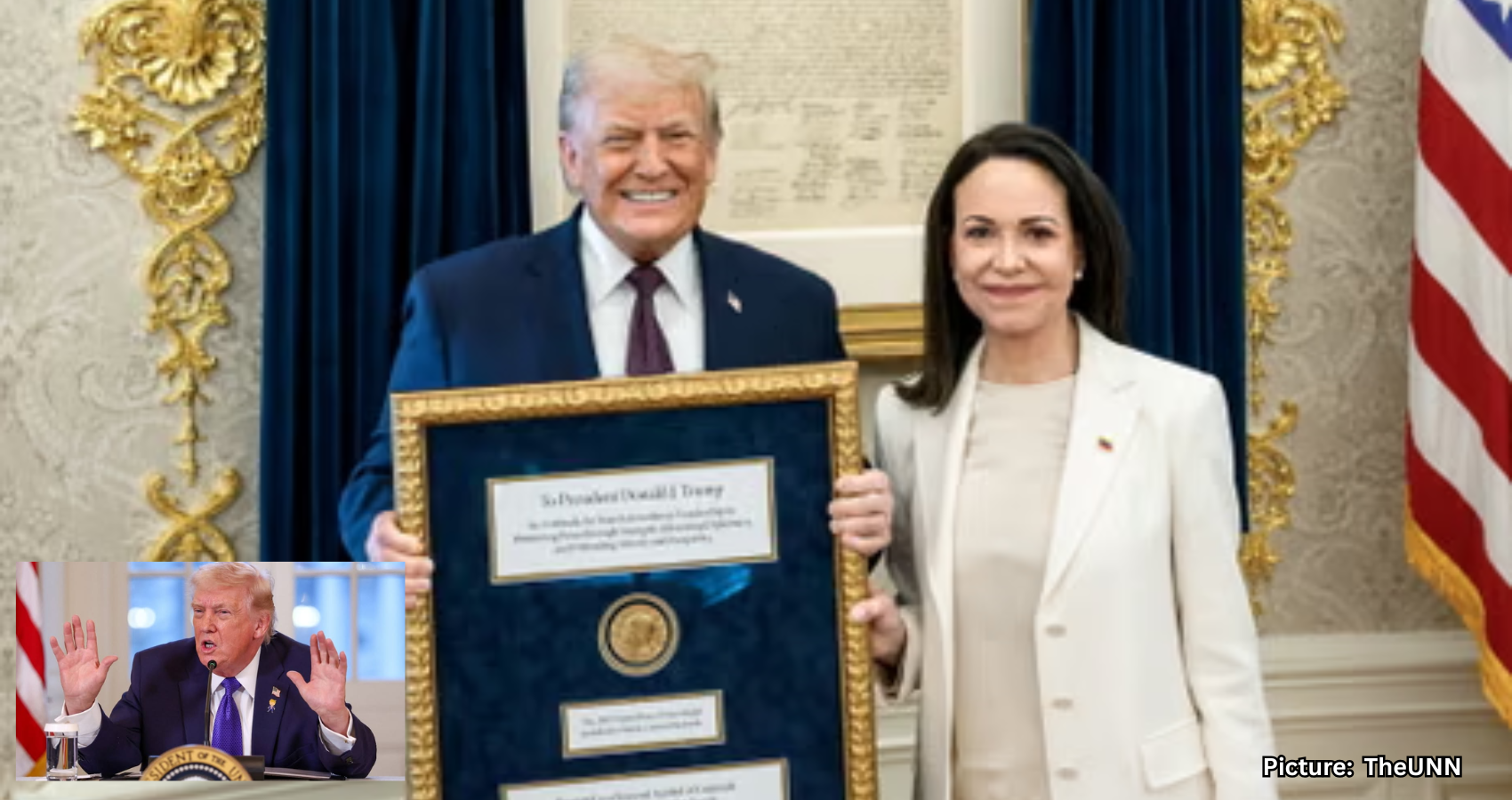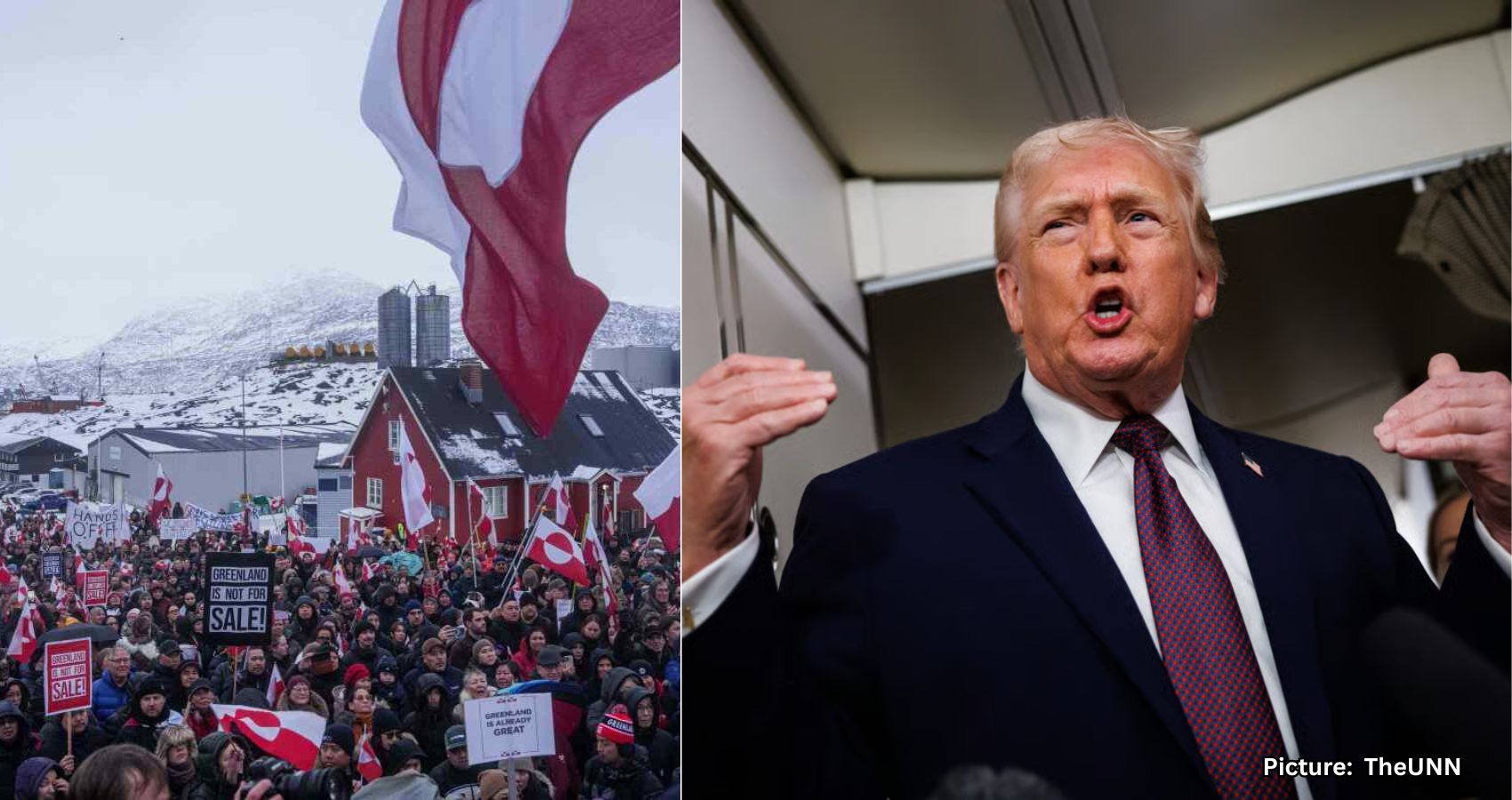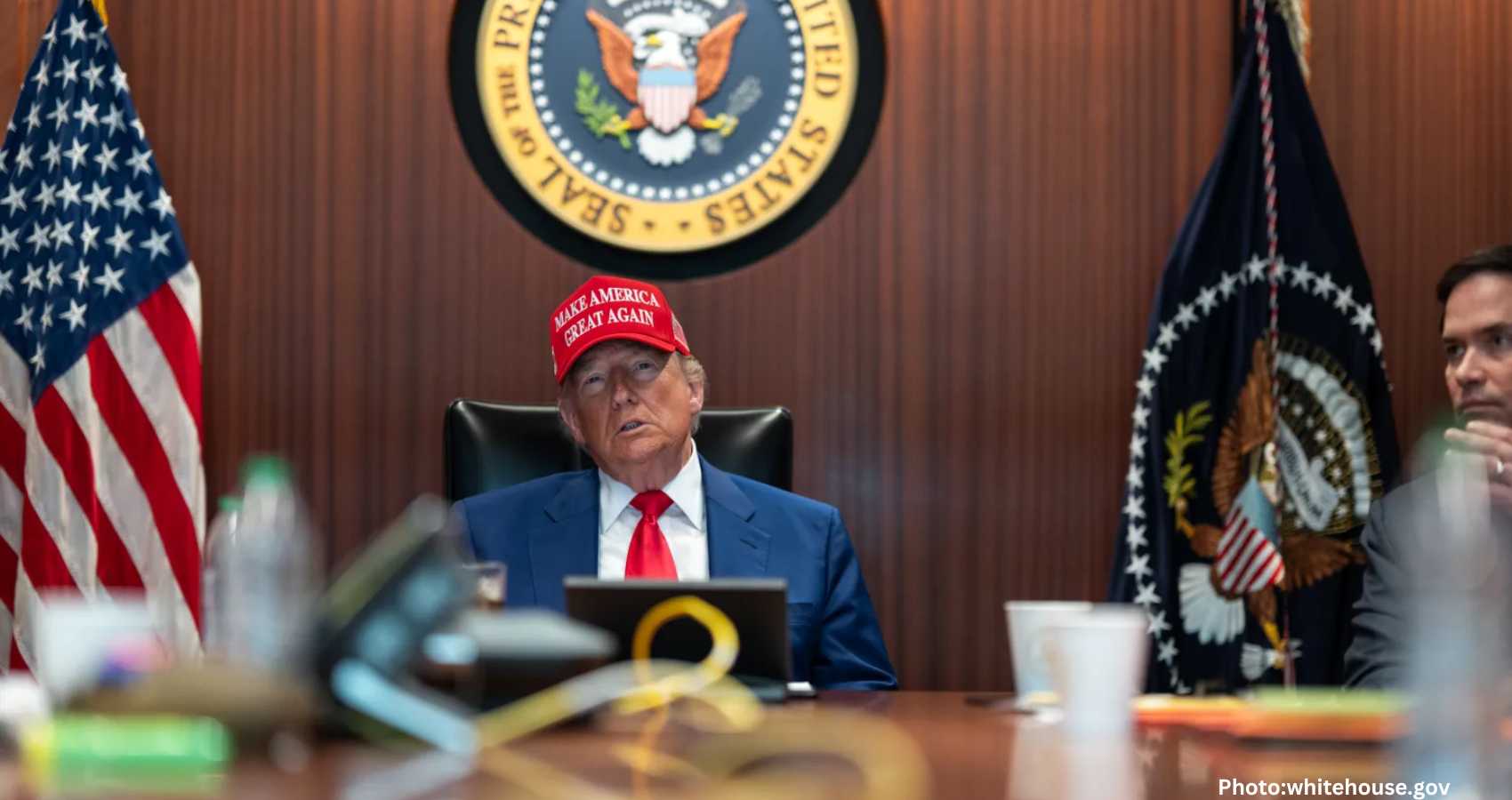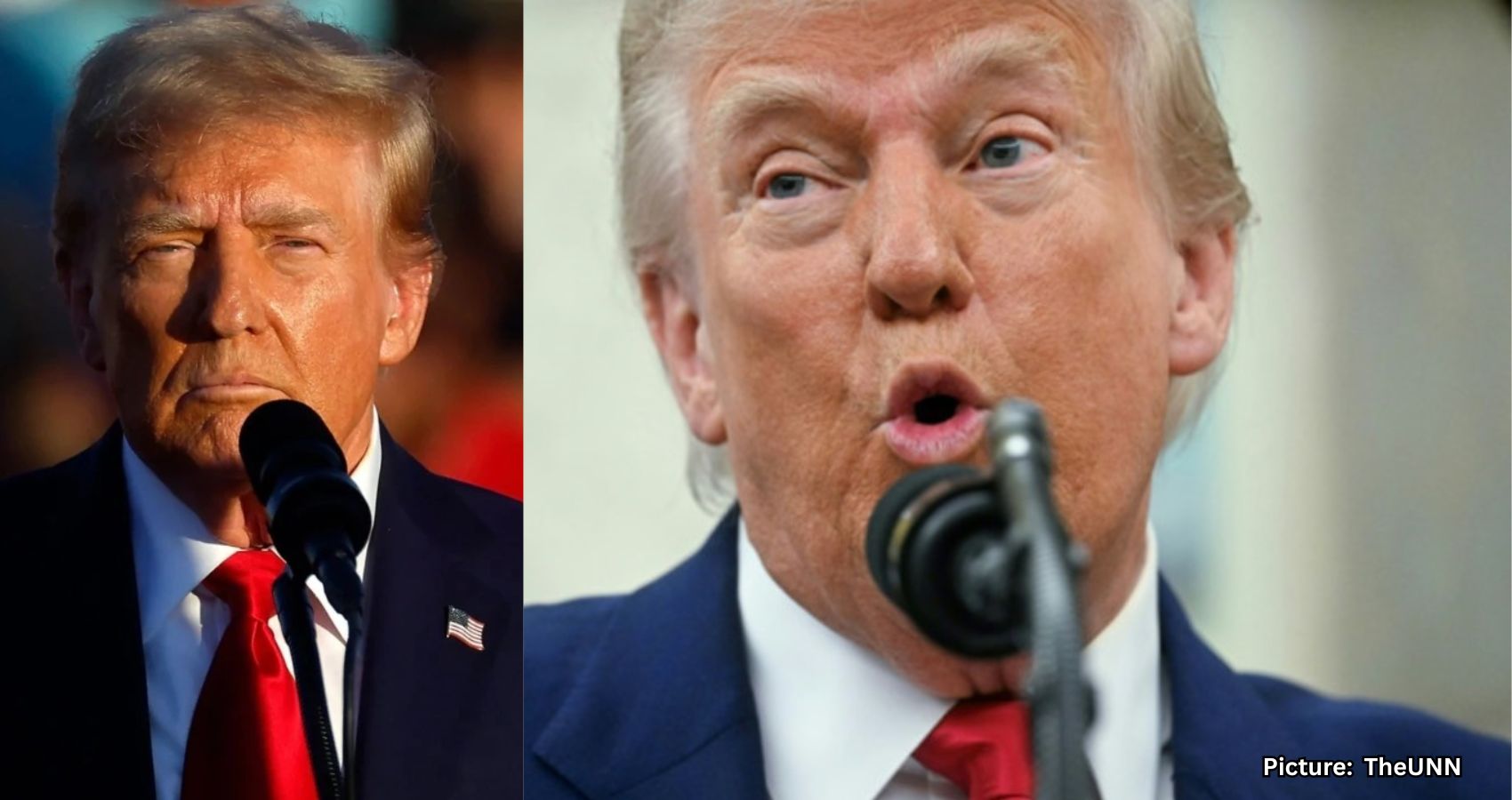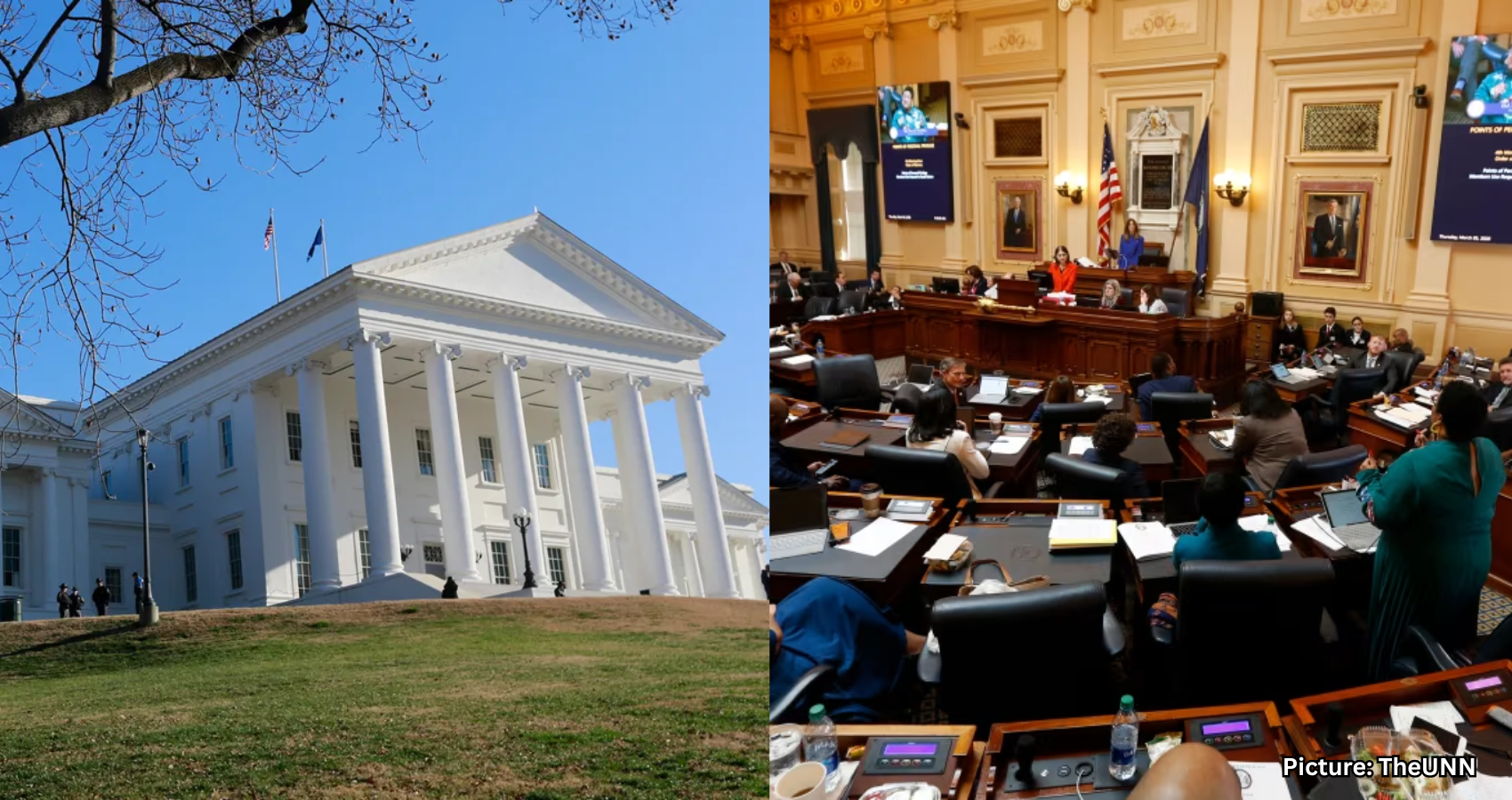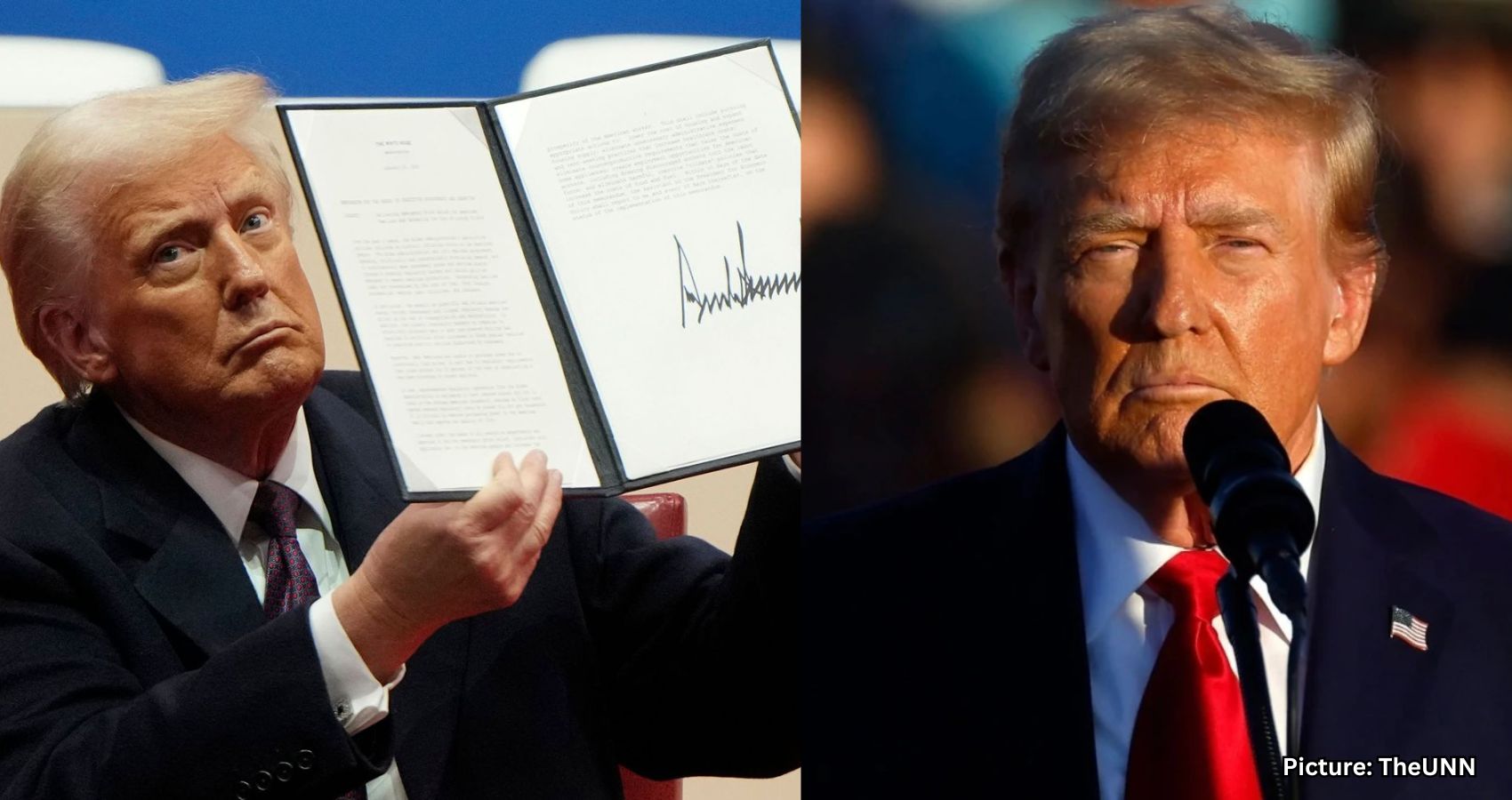Raja Krishnamoorthi, a prominent Democratic politician and U.S. representative, is running for the U.S. Senate seat from Illinois, aiming to become the second Indian American senator.
Raja Krishnamoorthi is an American attorney and politician currently serving as the U.S. representative for Illinois’s 8th congressional district, a position he has held since 2017. A member of the Democratic Party, he was first elected to the U.S. House of Representatives in 2016 and has successfully won reelection in every subsequent election through 2024. If elected to the Senate in November, he would become the second Indian American to hold a Senate seat, following Kamala Harris.
Born in New Delhi, India, Krishnamoorthi was raised in Peoria, Illinois. He is married to Priya, a physician, and they reside in Schaumburg, Illinois, with their three children.
Krishnamoorthi’s political career began with his involvement in Barack Obama’s 2000 election campaign for the U.S. House of Representatives. He later served as an issues director for Obama’s 2004 Senate campaign. His first attempt to secure a political office came in 2010 when he ran for the Democratic Party nomination for Illinois Comptroller but lost in the primary. He faced another defeat in 2012 when he sought the Democratic nomination for the U.S. House of Representatives seat in Illinois’s 8th congressional district, losing to Tammy Duckworth.
However, when Duckworth ran for the U.S. Senate in 2016, Krishnamoorthi declared his candidacy for the House seat once again. He won the election and has maintained his position ever since.
As he campaigns for the Senate, Krishnamoorthi has outlined several core priorities. According to his campaign website, he aims to restore the American Dream by lowering everyday costs for families, addressing rising expenses related to housing, healthcare, groceries, and utilities. He also seeks to expand economic opportunities across Illinois and protect social safety nets and public benefits, including Social Security and Medicare. Additionally, he supports initiatives like the Supplemental Nutrition Assistance Program (SNAP) and universal free lunch proposals for school children.
Krishnamoorthi is also focused on enhancing career and technical education funding, investing in job training for individuals without four-year degrees, and advocating for stronger mental health support for healthcare workers. He has introduced a Trump Accountability Plan, which proposes measures to address what he describes as abuses of power by former President Trump and aims to prevent future presidents from overstepping constitutional limits. This plan includes blocking attempts to de-naturalize American citizens and increasing oversight of Immigration and Customs Enforcement (ICE).
As he prepares for the upcoming primary election, Krishnamoorthi faces significant challenges. Following the retirement of long-time Illinois Senator Dick Durbin, the Democratic primary is crowded, with ten Democrats and six Republicans vying for their party nominations. Among his competitors are Lieutenant Governor Juliana Stratton and Representative Robin Kelly.
According to the Federal Election Commission’s year-end reports, Krishnamoorthi leads the fundraising race with nearly $28.5 million in campaign funds, accounting for 75% of the total raised for this Senate race. His primary challenges include solidifying voter support in a competitive field, defending his campaign financing and policy record, and persuading undecided voters that his experience and agenda align with the needs of Illinois constituents.
Key voting deadlines for the upcoming primary are rapidly approaching. Early voting and vote-by-mail begin on February 5, while the deadline for online voter registration is March 1. Voters must apply for a mail-in ballot by March 12, and the primary election day is set for March 17, with polls open from 6 a.m. to 7 p.m.
As the campaign progresses, Krishnamoorthi’s ability to navigate the complexities of a crowded primary and effectively communicate his vision for Illinois will be crucial to his success in the race for the Senate.
For more information on Raja Krishnamoorthi’s campaign and priorities, visit his official campaign website.
According to India Currents.

